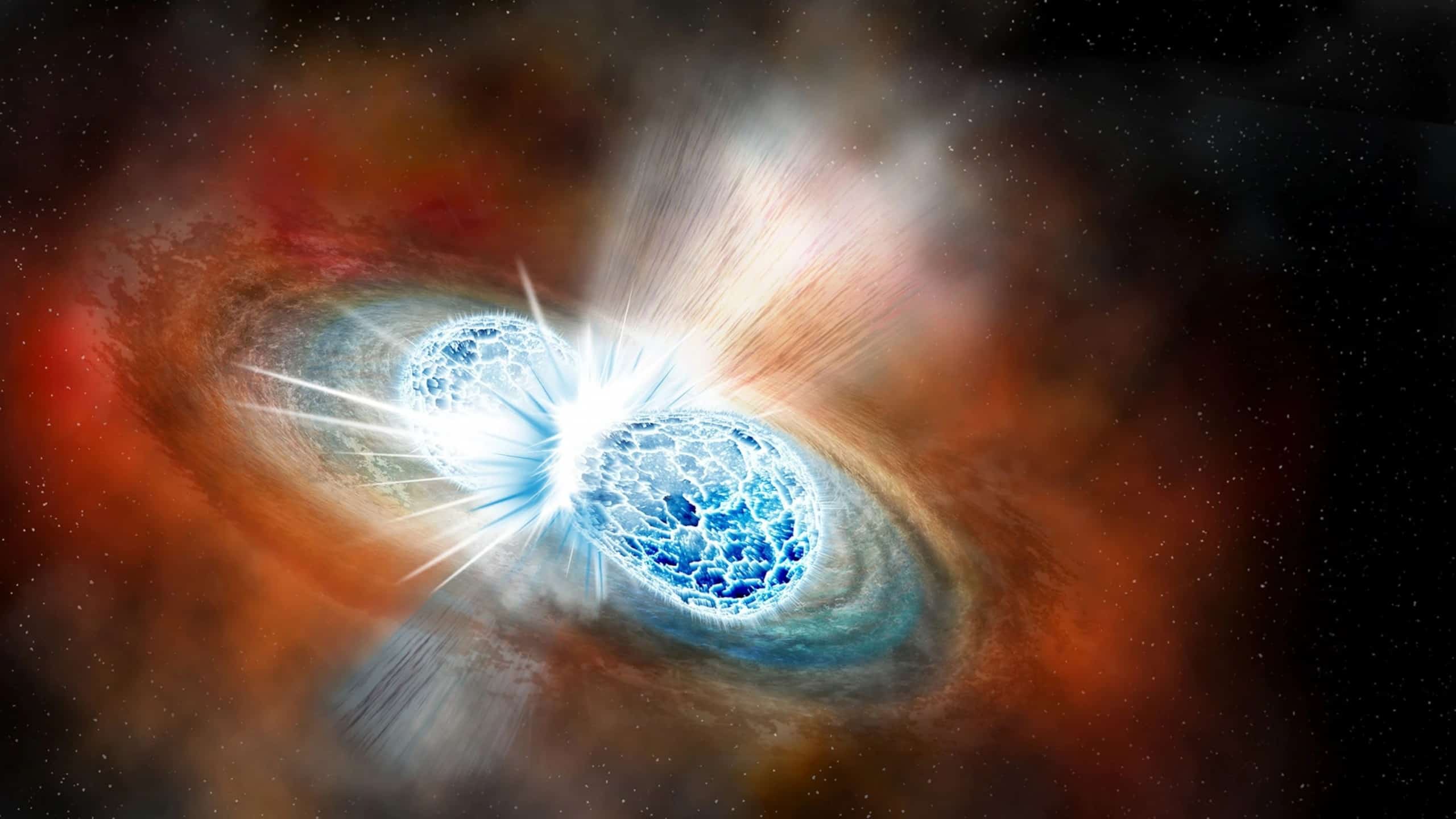The world might be experiencing a tough time right now, but there is good news at the end of all this. At this point, we’re able to say that life has taken a huge step compared to where it used to be. This is all thanks to the scientific breakthroughs we have made as a species. Not only have we come a long way, but we’ll be in an even better place scientifically speaking this time next year. The things we’re able to do or handle today is more than even what our parents once thought possible. Over just the last 10 years, we have made discoveries and invented important technology that changed the planet.
Medically, we found out the proper way to get an athlete back after a tear in their knee or shoulder areas. We even invented new solar, hydro-electric, and wind-powered machines that have slowly been improving to become new sources of energy. All of this happened, shockingly, in the last decade. Imagine where we’ll be in the next 10! Without the scientific breakthroughs of the past, we cannot have the breakthroughs we see today. As a result, we wanted to develop a list to highlight some of the biggest scientific breakthroughs that changed everything. We hope you enjoy it.
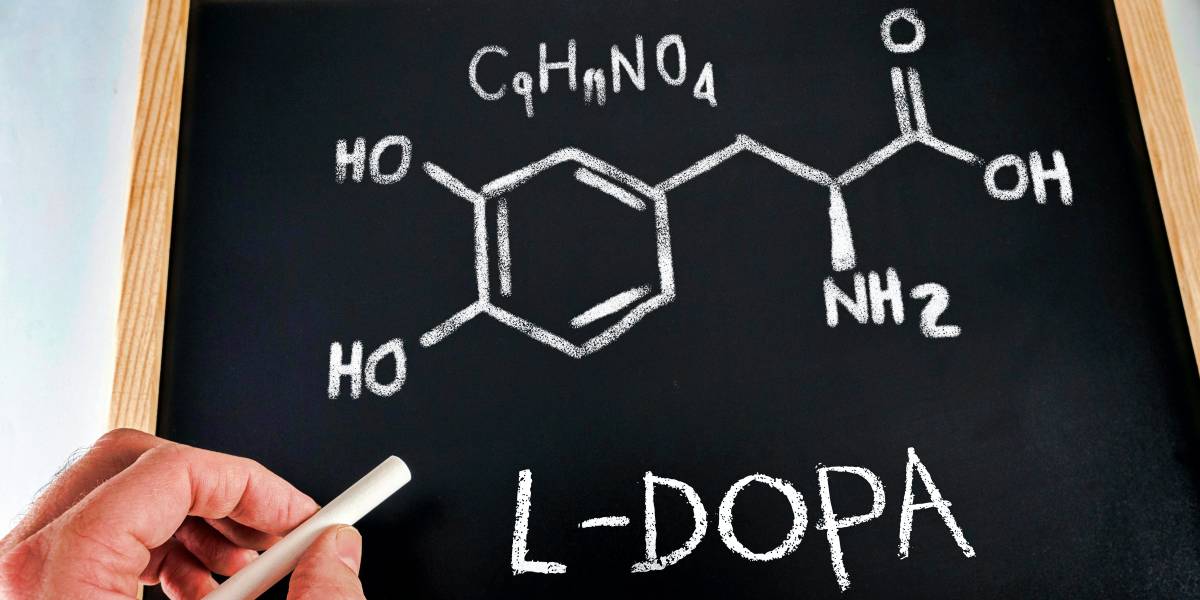
40. Levodopa
- Its Use: Parkinson’s Disease Treatment
Science had known of Levodopa for many years but no one realized just how important they actually were. This all changed when Swedish Pharmacologist Arvid Carlsson discovered dopamine. Of course, Dopamine is a neurotransmitter/hormone that plays a massive role in the brain and body. This is especially true of the nervous system overall.

Once we knew of how dopamine affected the body, it led to the invention of various medications. This led to Levodopa trials and therapy to help those with Parkinson’s Disease. Levodopa worked terrifically, but it needed something to help it last in the body a bit longer. This was accomplished by adding Carbidopa. While the medication does not cure the person, it helps them live as much of a normal life as possible. This discovery changed lives for the better and is one of the world’s greatest scientific breakthroughs.
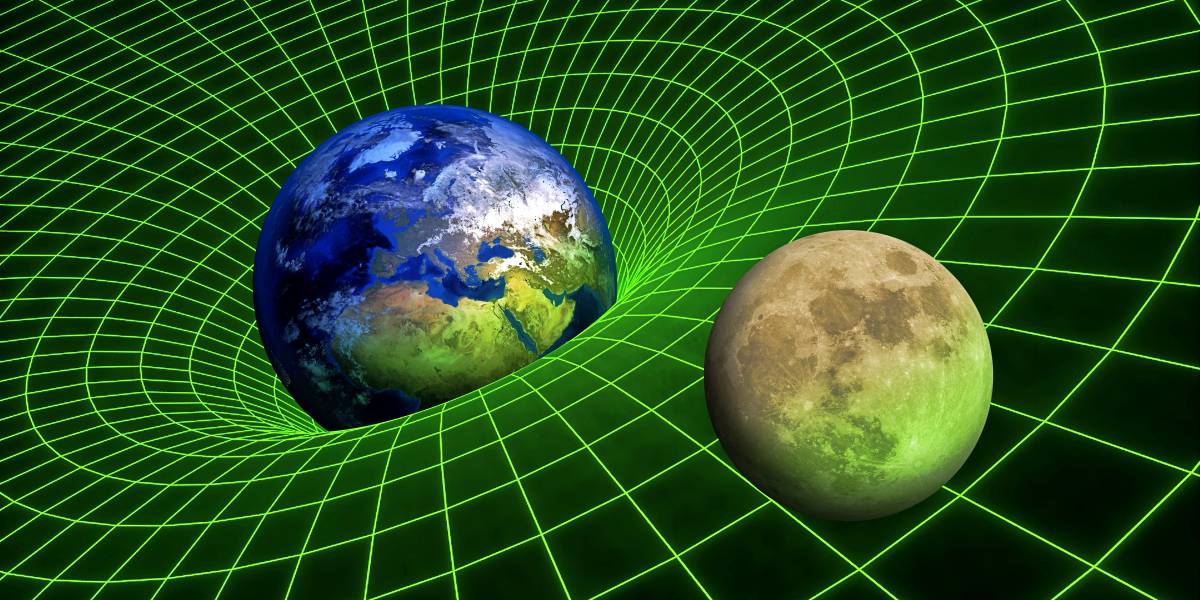
39. Discovery Of Gravity & Detection Of Gravitational Waves
- Discovered By: Archimedes, Galileo Galilei, Isaac Newton (Gravity) & Henri Poincaré (G-Waves)
The explanation of how gravity worked first came from Greek Scientist Archimedes, who discovered the center of gravity of a triangle. Galileo Galilei then worked on his concept, finding out how gravitational acceleration was the same for all objects. He also found that air resistance was likely why some objects fell slower than others. Isaac Newton then came along and found out the inverse-square law of universal gravitation.
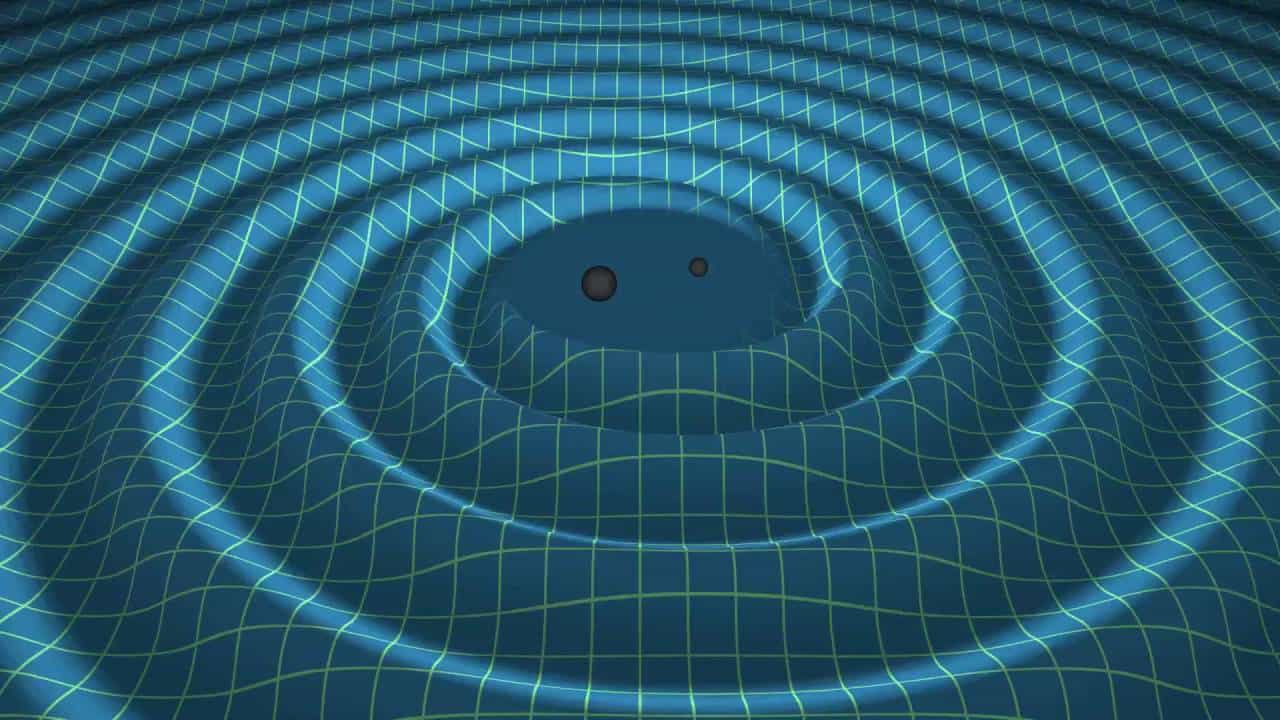
This mostly had to do with planets and moons and what separates them. He came up with the gravitational constant formula where F is the force, M1 & M2 are the masses of the interacting objects, and R is the distance between the centers of the masses. Then in 1905, it was Henri Poincaré who proposed the theory of gravitational waves. These are curvatures of spacetime, made by accelerated masses, that operate as waves outward from their source all at the speed of light.
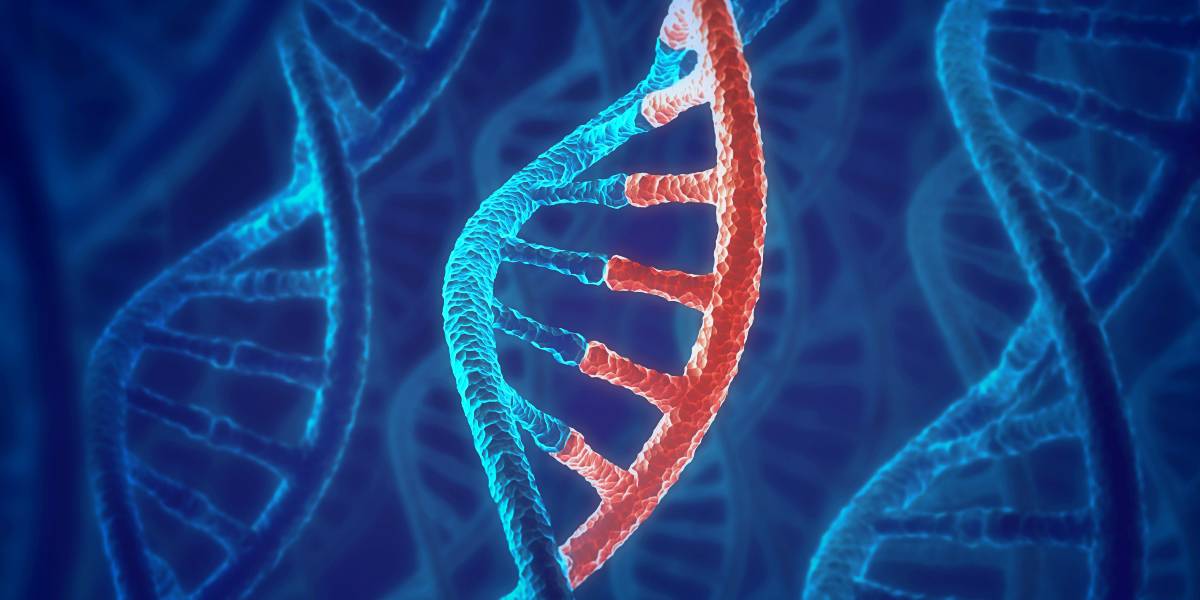
38. RNA Sequencing
- Developed By: Joe Ecker Of The Salk Institute
RNA Sequencing is one of the greatest scientific breakthroughs in history. RNA Sequencing uses high-throughput sequencing methods to provide insight into the transcriptome of a cell. Of course, a transcriptome is simply the total of all the messenger RNA molecules expressed from the genes of a given organism.
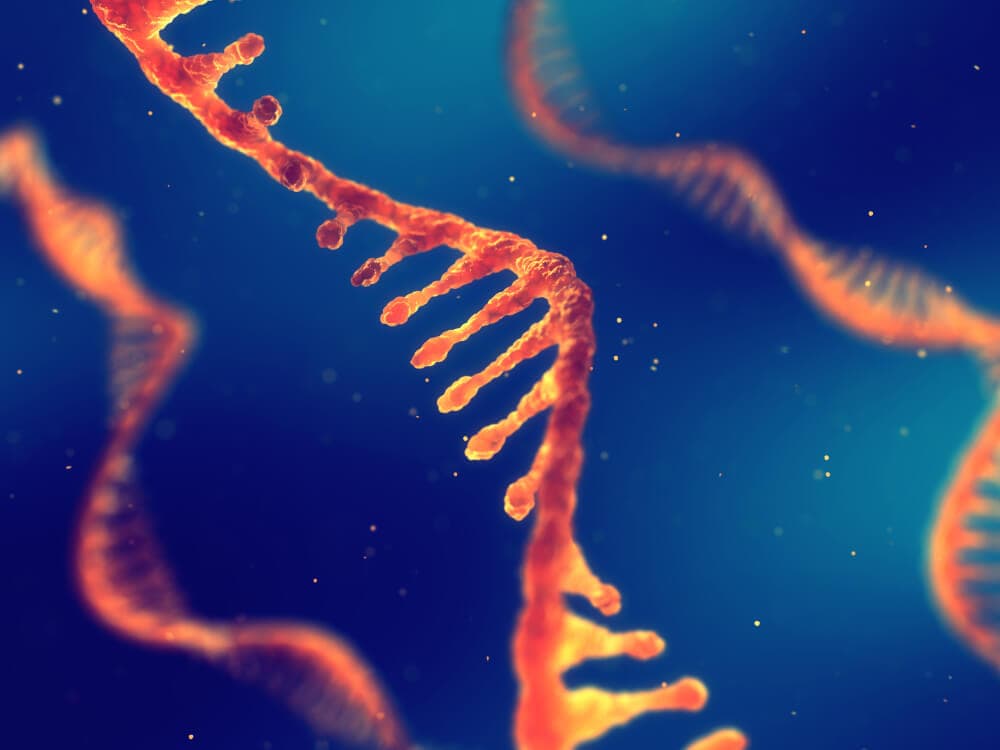
This sequencing provides superior coverage and greater resolution of the nature involved in a transcriptome when one compares it to the previous methods. It can tell us what genes are turned on in a cell, the exact level of expression present, as well as what times they are activated and even shut off.
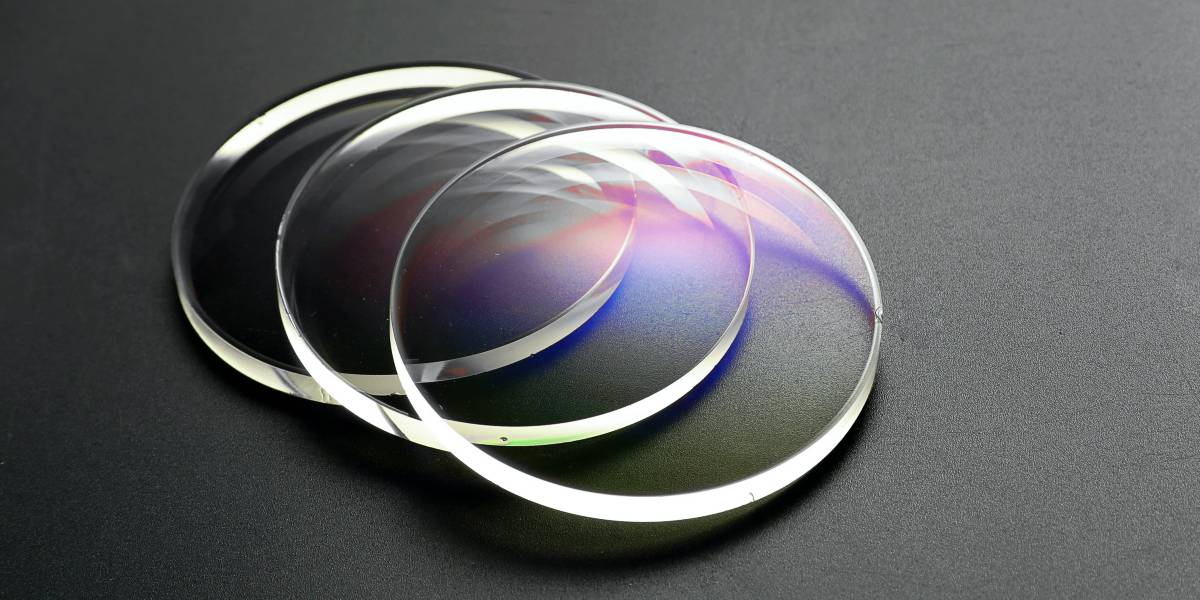
37. Optical Lens
- Used In: Cameras, Projectors, Microscopes, Binoculars, Telescopes, Eyeglasses, Etc.
The design of Optical Lenses is to focus or diverge some form of light. Usually, we see glass or plastic in use for lenses, but people obviously work on them a bit before their use. This usually requires them to go through the ground & polish and then mold them into a specific shape to fit a particular need. These are in use for numerous objects meant to help humans see something better.

Of course, the most obvious is in eyeglasses. However, you’ll also see them used in telescopes, microscopes, and binoculars too. In other forms, they are used to produce a virtual or real image that can be captured on camera or viewed through a screen. This is also key for things like projectors. Essentially, optical lenses are one of the most important scientific breakthroughs ever!
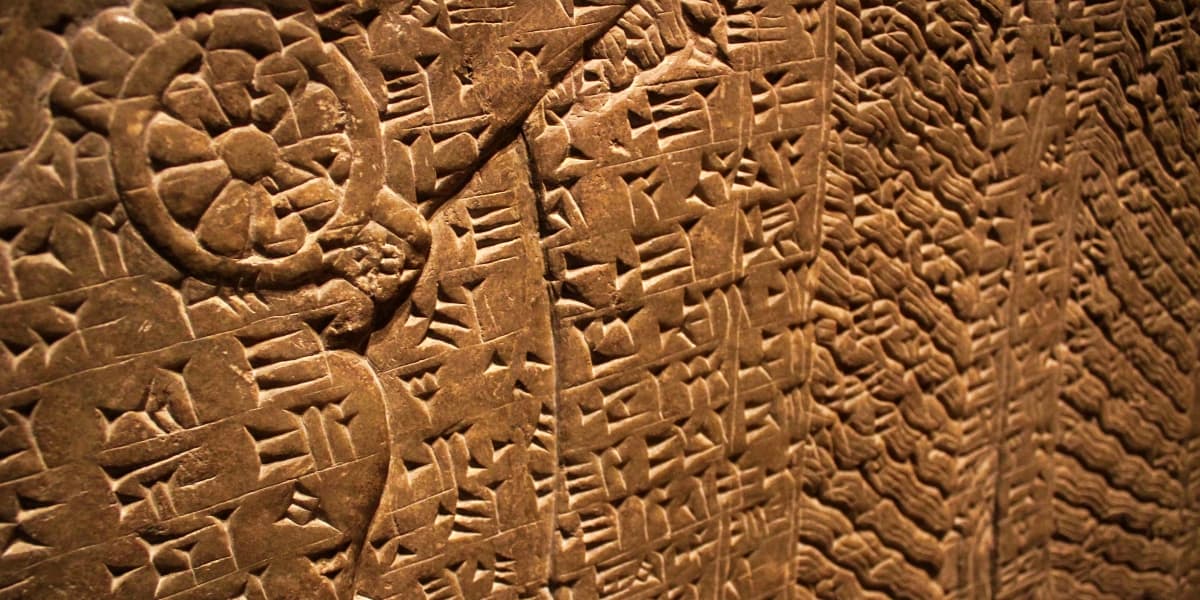
36. Writing
- First Began: 3500 to 3,000 B.C.
Writing is relatively old, as we have been writing in some form for thousands of years. It used to be that drawings were how people communicated in a non-speaking or bodily way. The Sumerian language is the first known written language form and was developed somewhere between 3,500 & 3,000 B.C.

The Sumerian city of Urak would capitalize on this, as one of the first actual cities in existence. This involved Cuneiform, the first known advanced written language. Everyone in the Mesopotamian area used it from the Sumerians to the Akkadians, Babylonians, Elamites, Hatti, Hittites, Assyrians, and Hurrians. The people of the time would drop this for the alphabetic written script around 100 B.C.

35. Goodyear Rubber
- Invented By: Charles Goodyear
Charles Goodyear invented something we now use a massive amount of all over the world, vulcanized rubber. He received the U.S. Patent for this on June 15, 1844. This was a chemical treatment for rubber, using sulfur or something similar to it, that hardened the overall rubber to make it useful for numerous products.
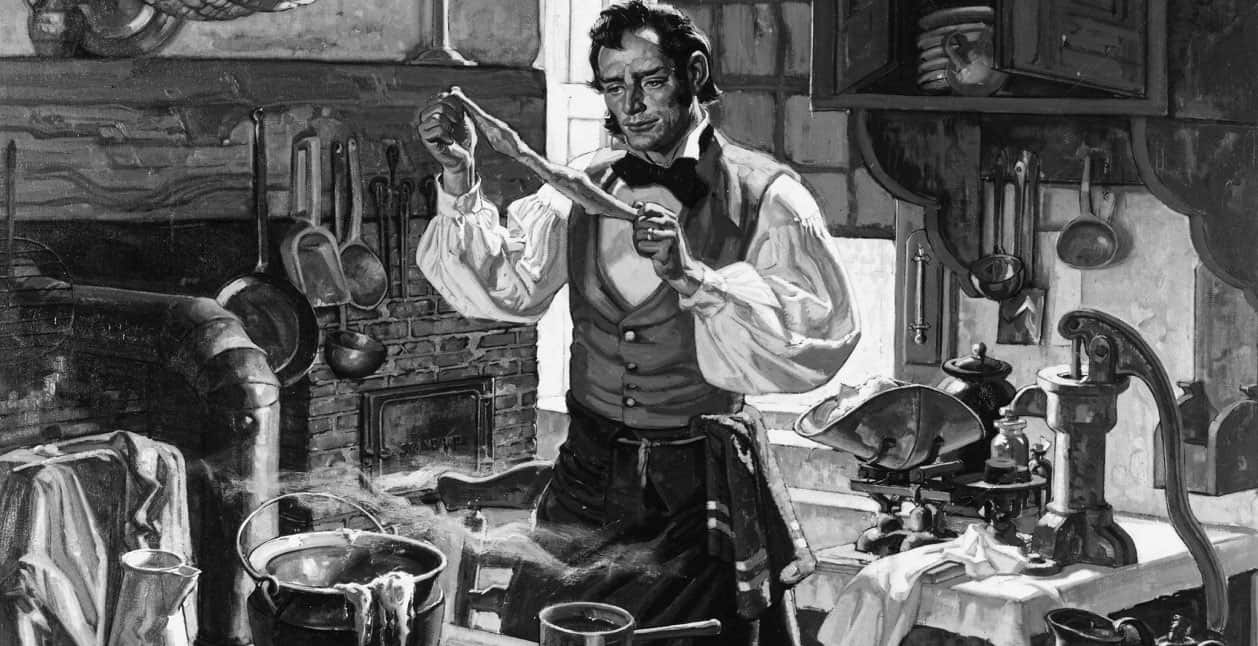
Goodyear had already invented the chemical process to create and manufacture properly pliable, moldable, & waterproof rubber. The vulcanization made the rubber harder, but Goodyear wanted it to be even more stable too. This was when he applied heat, making the entire chemical process even easier and changing the game. The Goodyear rubber is now used in tires as well as shoes, rafts, gloves, toys, medical equipment, etc. However, synthetic rubber is slowly becoming popular.
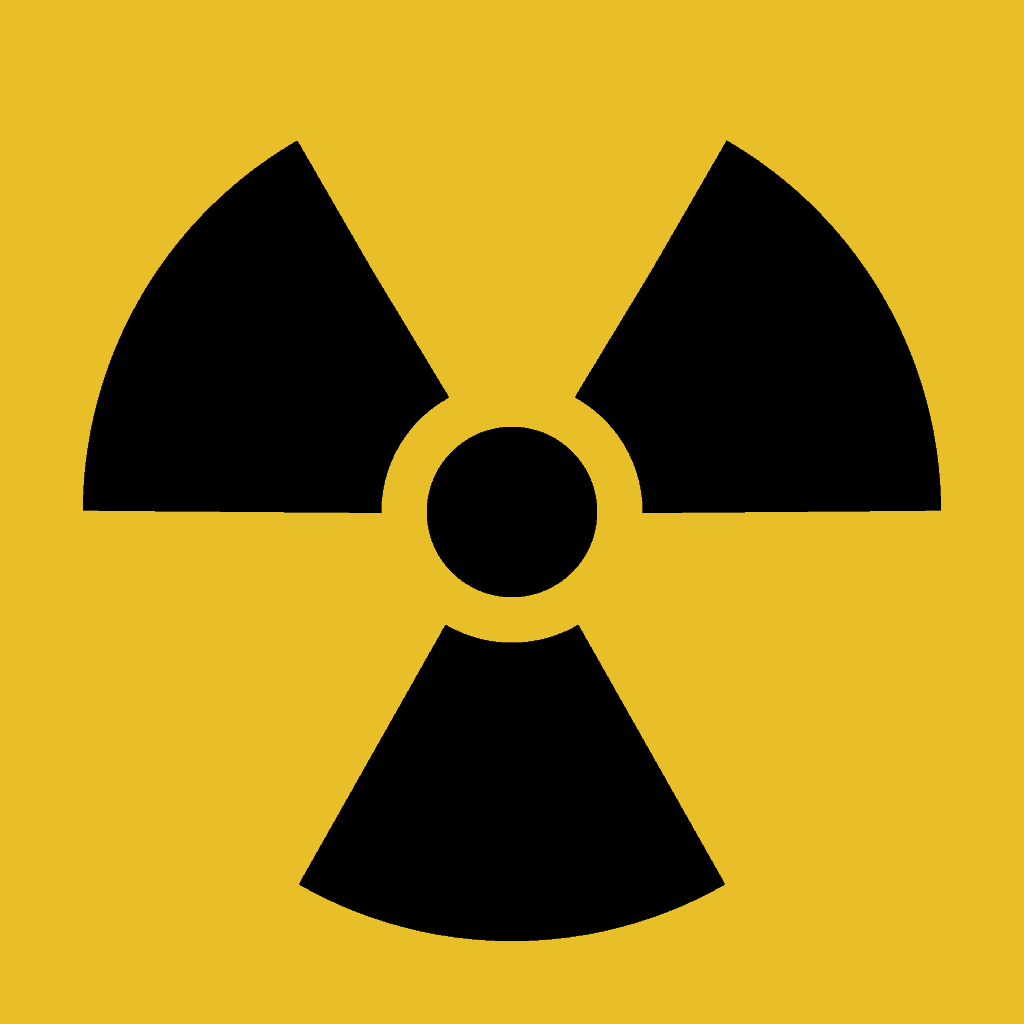
34. The Discovery & Study Of Radiation
- Studied By: Pierre & Marie Curie
We know a ton about radiation today, both its positives and negatives. Yet it took someone studying them for that to happen. This was done by 2-time Noble Prize winner Marie Curie & her husband, Pierre Curie. Both were exposed far too much to radiation, with Pierre dying several years before Marie. They even discovered elements like Polonium & Radium.

On her own, Marie developed the first mobile radiography units used for X-Rays during World War I. Her X-Ray design concept is still in use today. On top of this, Pierre & Marie found that radiation had an effect on killing cancer cells. They’d never patent this simply to make sure all who need the treatment can get it. We now use radiation as a cancer treatment worldwide.
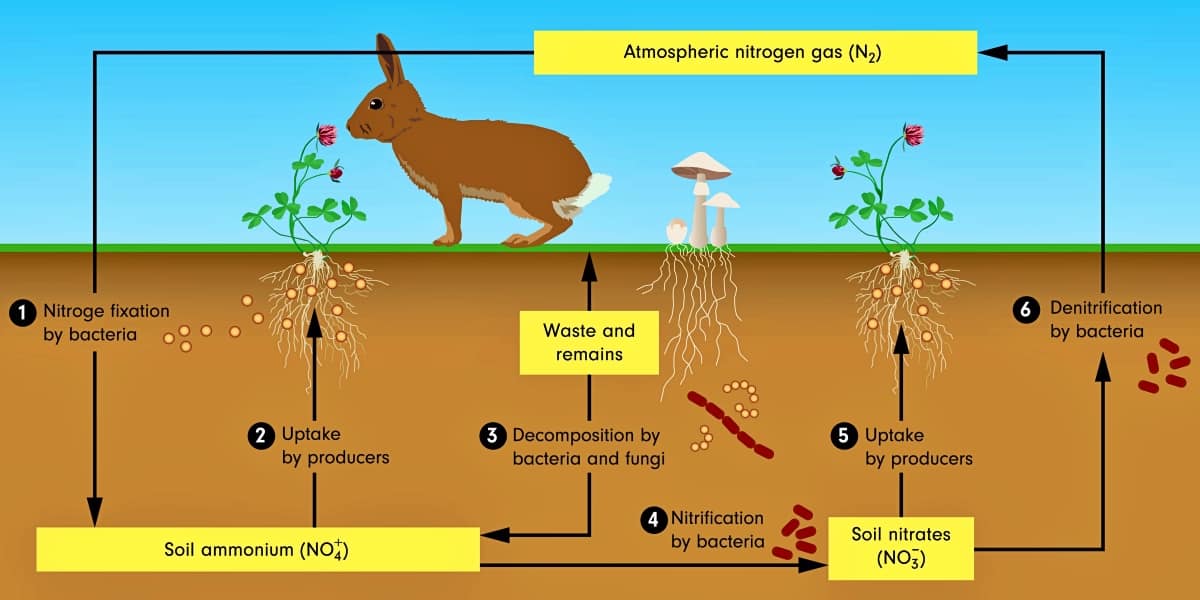
33. Nitrogen Fixation
- Used For: Fertilizer, Medication, Dyes, & Explosives
Nitrogen Fixation is one of the greatest scientific breakthroughs in history, mostly due to completely changing the planet. It’s a process where molecular nitrogen in the air is converted into ammonia or some other related nitro compound in the soil. This is massive, as fixed inorganic nitrogen compounds are required for the biosynthesis of all nitrogen-containing organic compounds.

This includes things like amino acids & proteins, nucleic acids, and nucleoside triphosphates. This particular process is huge for the world of agriculture and the overall manufacturing of fertilizer. It is also used, although indirectly, in the manufacturing of several nitrogen-based chemical compounds. This includes things like medications, dyes, and some explosives. There’s far more to this but we just do not have enough space or time to go into it all.

32. The Invention of Roads
- Invented By: The Ancient Greeks
The invention of roads, considered a major scientific breakthrough, was implemented by the Ancient Greeks. The reasoning for this was that even in open fields, it was hard to travel for military. This could have been due to problematic grown field grass, rocks, and more.
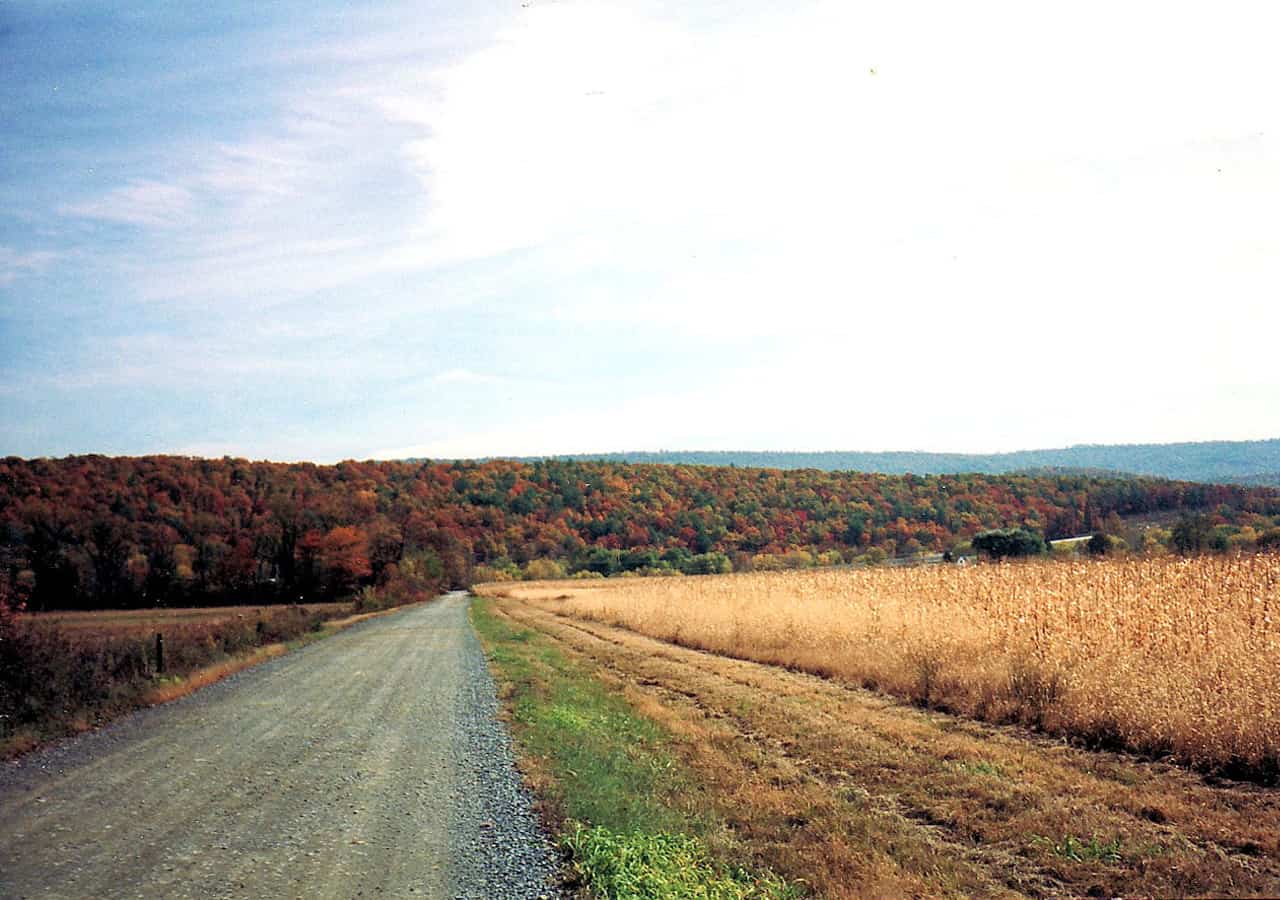
This led to the Greeks clearing out paths and using dirt to remove the grassy issue. However, it was the city of Ur that was responsible for the first stone-paved road, formed around 4,000 B.C. Meanwhile, the Egyptians have the oldest known paved road, which was formed between 2,600 and 2,200 B.C.
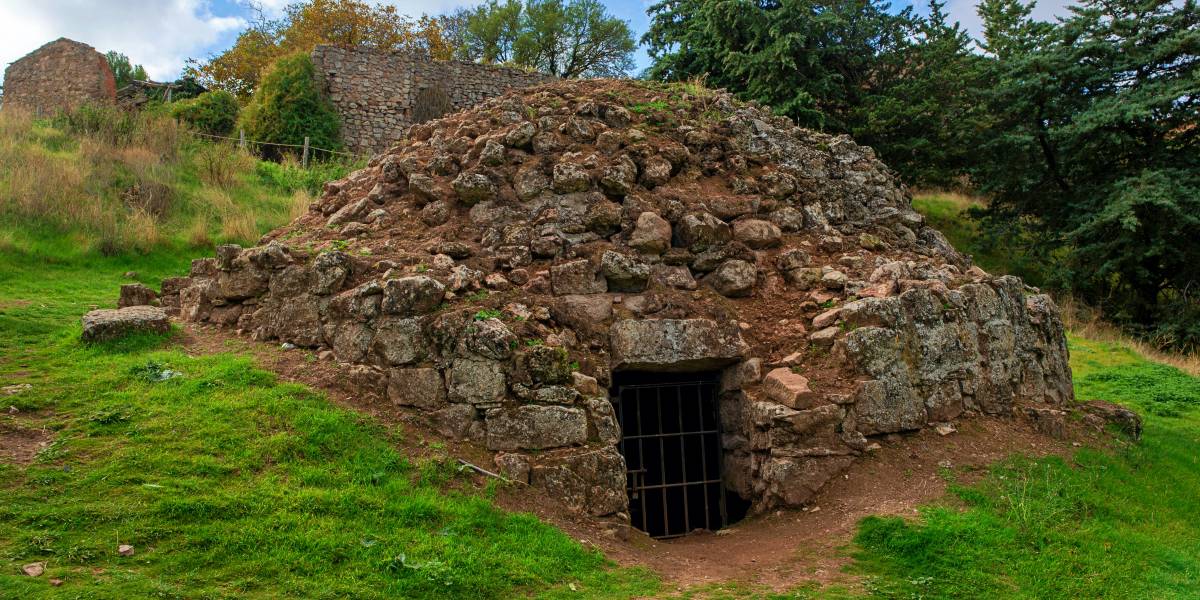
31. Refrigeration
- Its Use: To Keep Food/Drink Cool, Helping Them Last Longer
Today, we take Refrigeration for granted. However, refrigeration today is nothing like it was 200 years ago. Snow & Ice harvesting was common for centuries, which people would do to cool things in storehouses. The more iconic form of ice we know from the American West used to come in a massive block that even in major heat, would not melt quickly due to its size. This would allow ice to be used by people for weeks or months at a time.

Eventually, General Electric became one of the first companies to sell an in-home refrigerator, beginning in 1911. Then in 1927, they made the first refrigerator to completely run on electricity. However, their rival Frigidaire somehow would synthesize freon. Of course, Freon helps refrigerators be much safer for the home. It’s inside refrigeration machines to this day. Today, our modern form of refrigeration is amazing and one of our greatest scientific breakthroughs, without question.
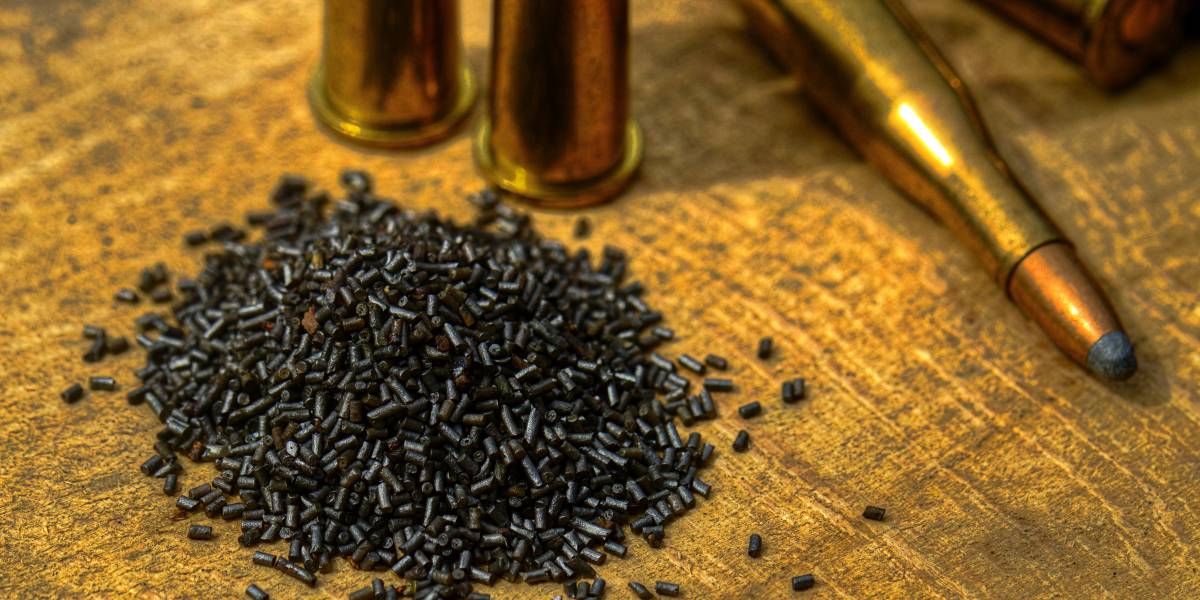
30. Gunpowder
- Invented By: The Ancient Chinese
Gunpowder is one of our greatest scientific breakthroughs, yet possibly one of our worst. Due to the severe gun violence today, one could conclude this invention has a ton of drawbacks. However, it helped to shape the world we live in today and that makes it very important. The Chinese would actually use Gunpowder for numerous different things. It is technically older than guns, funny enough.
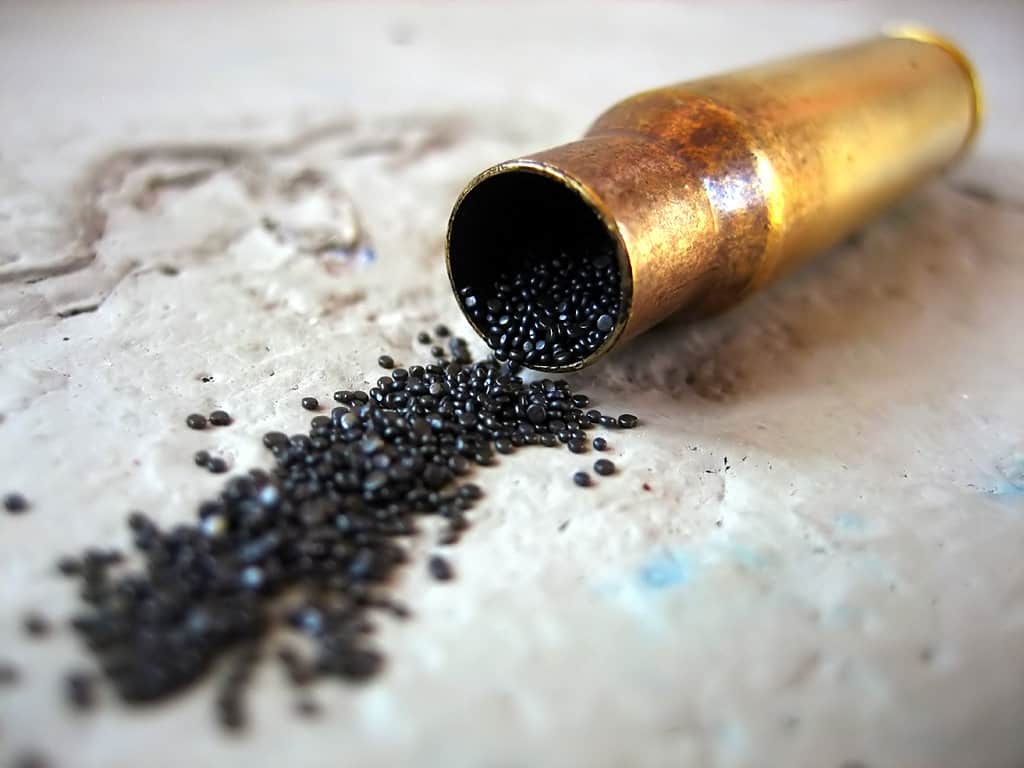
Gunpowder was invented in the 9th Century while the first, what could be considered an actual gun, was not invented until the 10th century. We simply call it gunpowder today due to how most tend to use it. The Chinese used it for numerous artillery items, yet they also used it for rockets and even fireworks. They also notably used it for explosives, especially for mining and road-building purposes.
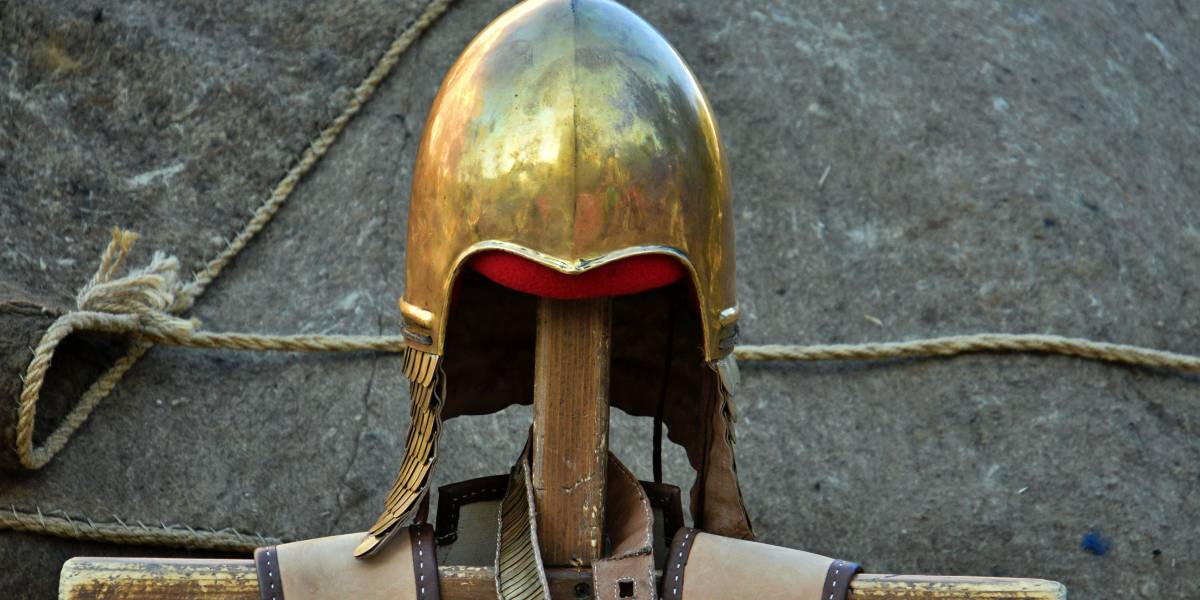
29. Bronze Age
- Took Place During: 3300 to 600 B.C.
The Bronze Age was a huge time period in history where we were able to develop multiple tools, major equipment, and even armor using Bronze to accomplish it. The main place that was known for its use was Ancient China. This eventually spread across the rest of Asia and Europe until the conclusion of the period. This was a huge point in time, as scientific breakthroughs occurred for the first time. While several major inventions happened during these years, the main focus for us is the use of Bronze.
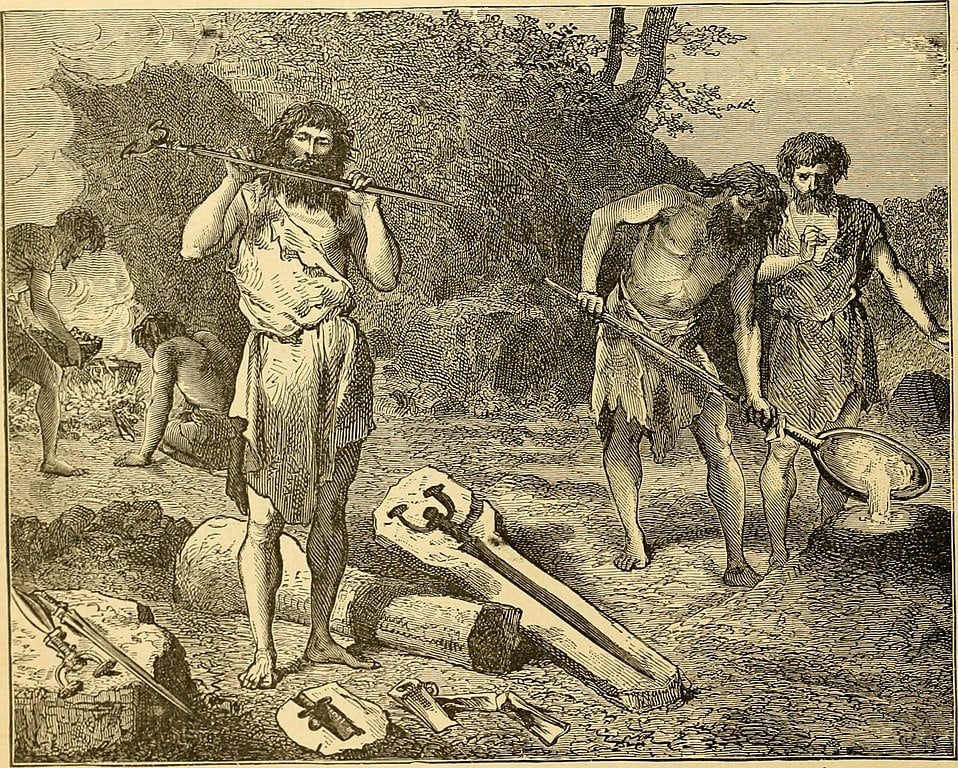
We are able to develop it, as we often make Bronze by smelting copper and a metal alloy like tin or arsenic. Today, it is far more advanced. During this period, Bronze was considered among the hardest metals available, which is why we made so much using it. These inventions in Bronze only became more impactful as we moved out of this period too. Armor and Weapons, as well as tools, plates, and much more, took on a new identity afterward. However, it all started with Bronze.
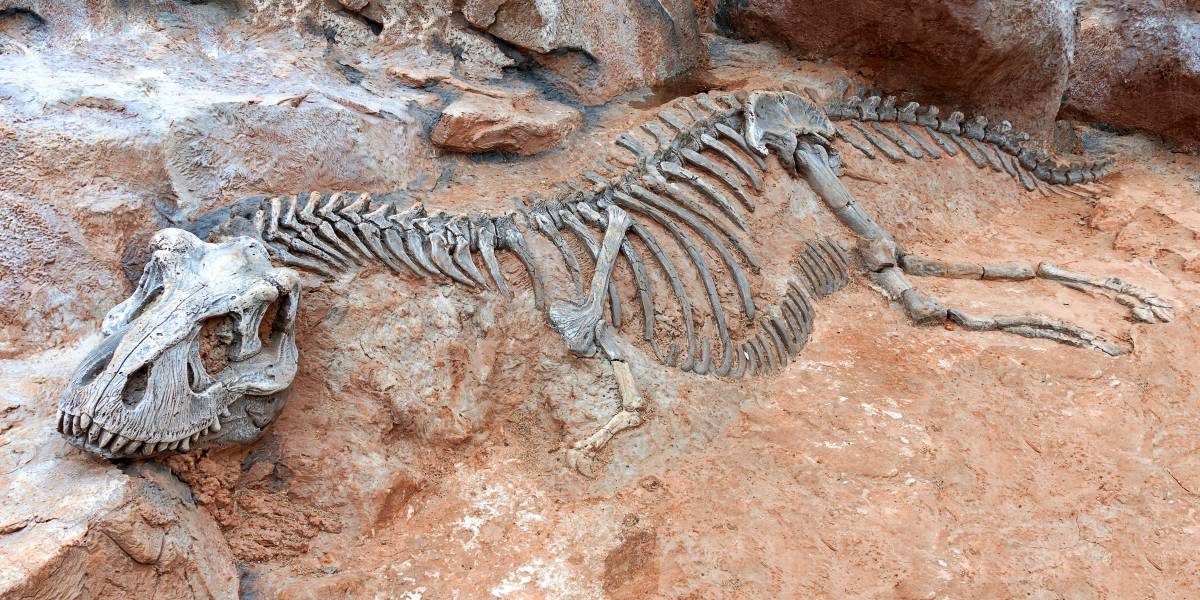
28. The Discovery & Rediscovery Of Species
- Most Impactful: The Dinosaurs, Specialized Sea Creatures
When we first began as humans on this planet, especially once we moved away from the Neanderthal level, animals were a huge fascination for us. We even used them as not only food but also as tools. Whether that was using them as aids in moving equipment or travel or using their bones to make weapons, they were massively important.
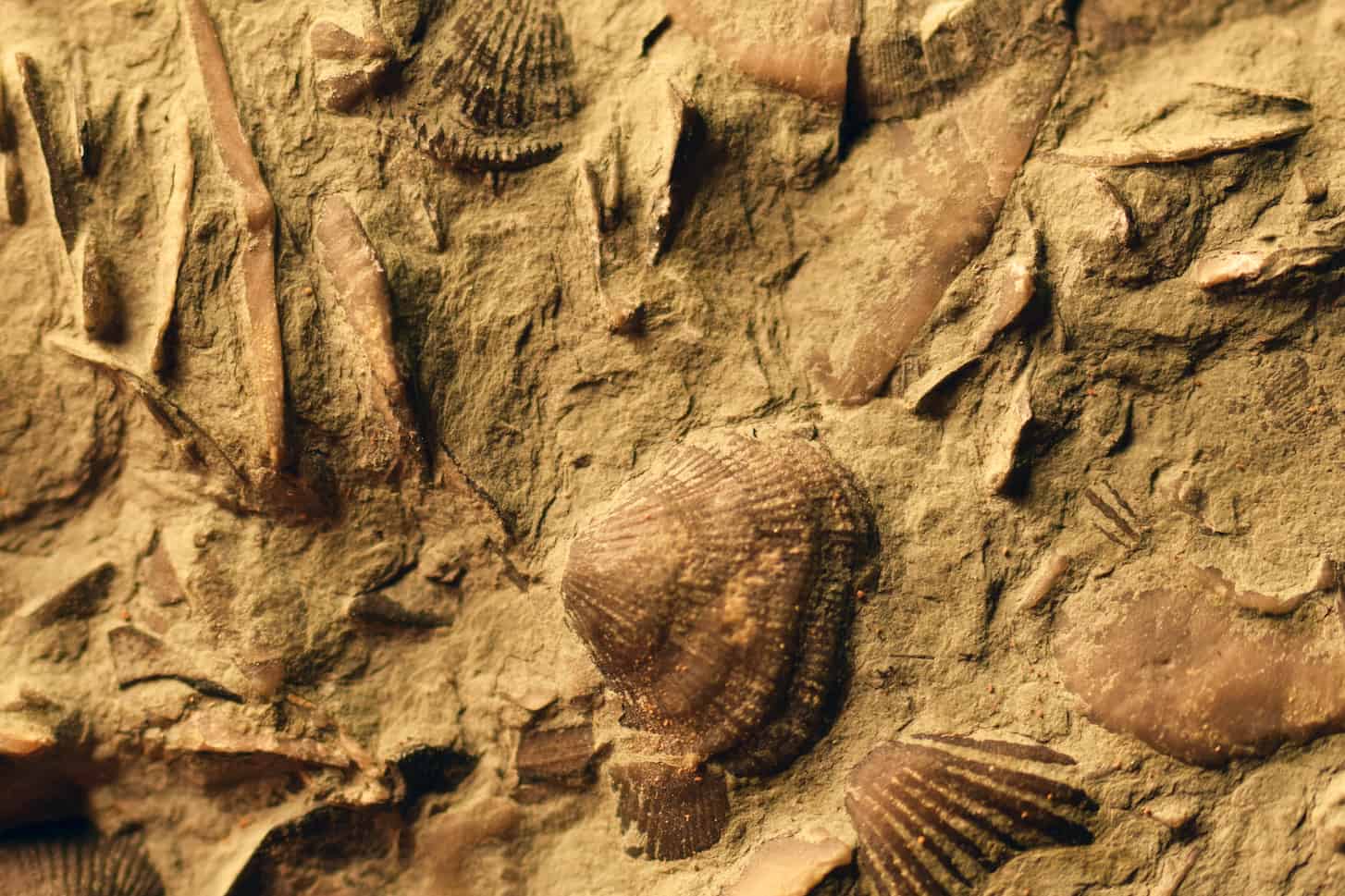
As we became more advanced, we wanted to see newer species of animals too. Eventually, we discovered the dinosaurs that lived millions of years before us. We then discovered newer mammals and sea creatures in different places around the world. Yet the most amazing is the rediscovery of once thought to be extinct animals too. Animals like Omura’s whale, Pinocchio Lizard, and many more have surprisingly been found once more after decades of assumed extinction.

27. Agriculture/Farming
- Began: Between 11,500 & 6500 B.C. Worldwide
People often look at agriculture and want to hype up those who made massive contributions to it. This includes major names like John Deere, Eli Whitney, George Washington Carver, Cyrus McCormick, Fritz Haber, Norman Borlaug, Rachel Carson, and several others. In reality, these people truly do matter. However, we first had to invent agriculture for these people to make a difference in it.

That is why we feel “Agriculture” itself should be considered one of the world’s most important scientific breakthroughs. Before this, the Hunter/Gatherer Society was present. If you lacked small eatables, you’d have nothing if hunting wasn’t successful. This was when planting first came to be as well as farming overall. We kept and even bred animals in captivity, used their milk or eggs, and even slaughtered some for meat when needed. Without Farming or Agriculture, human life would not exist today.
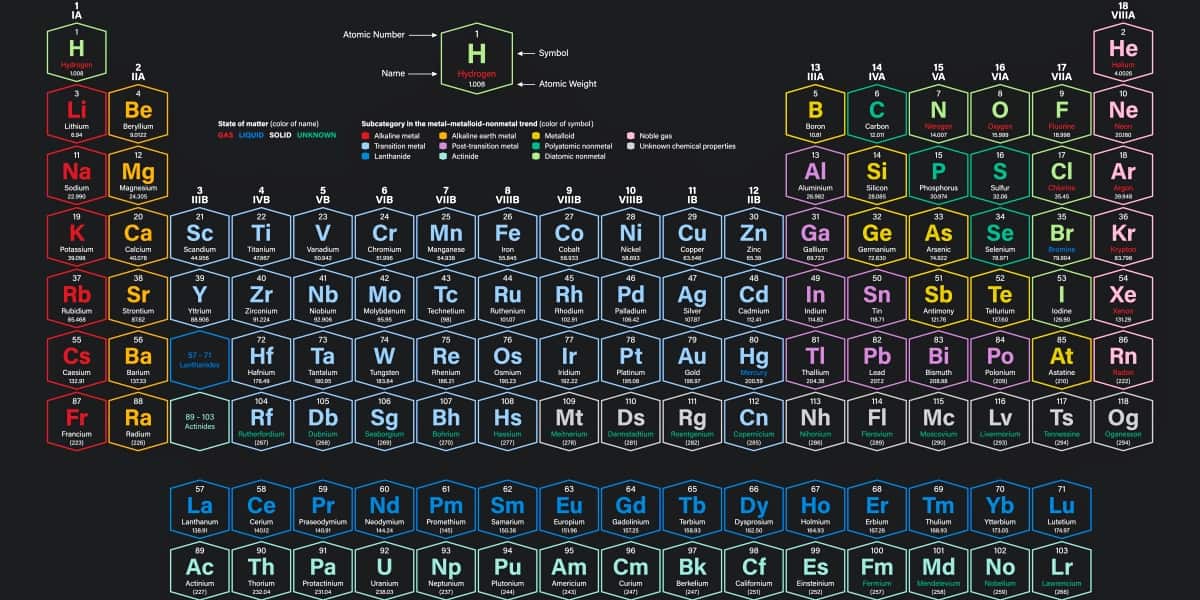
26. Periodic Table Of Elements
- Invented By: Dimitri Mendeleev In 1869
Today, we do not look at the Periodic Table and automatically think of it as one of the world’s biggest scientific breakthroughs. Yet this is in error, as every element on the Periodic Table is massive to our everyday life. Of course, we did not discover all of these elements at the same time. It took quite a long time to put the elements together that we see today. There are 7 Rows, called periods, which have metals on the left with nonmetals on the right.
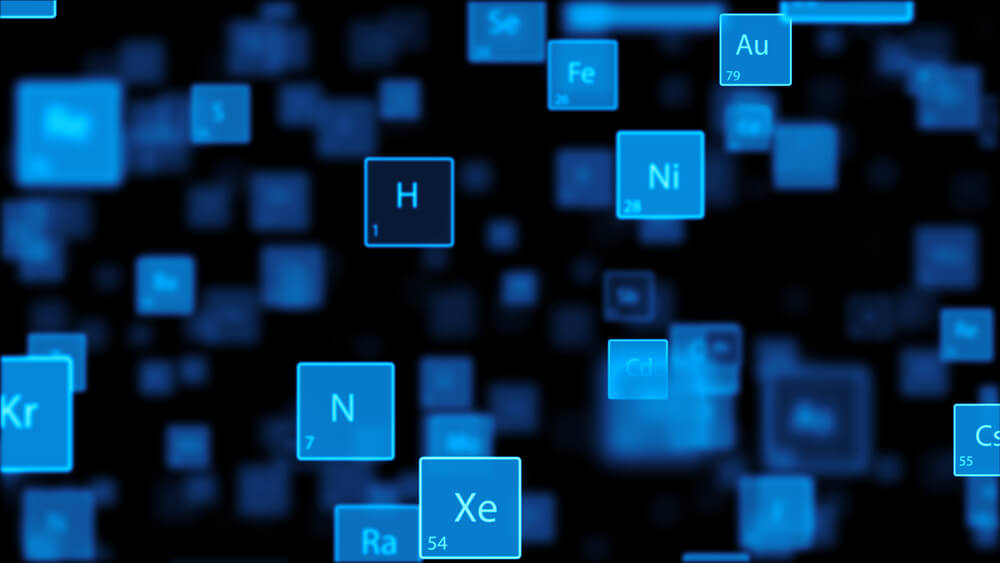
In the Columns, often called groups, elements with similar chemical behaviors will be present. 6 of the groups have internationally accepted names and assigned numbers. Those include the Halogens & Noble Gases, for example. Then there are 4 blocks that tell us of different atomic orbitals. Those you might see on the element chart include Oxygen, Hydrogen, Sodium, Mercury, Lead, Sulfur, Argon, and many more.
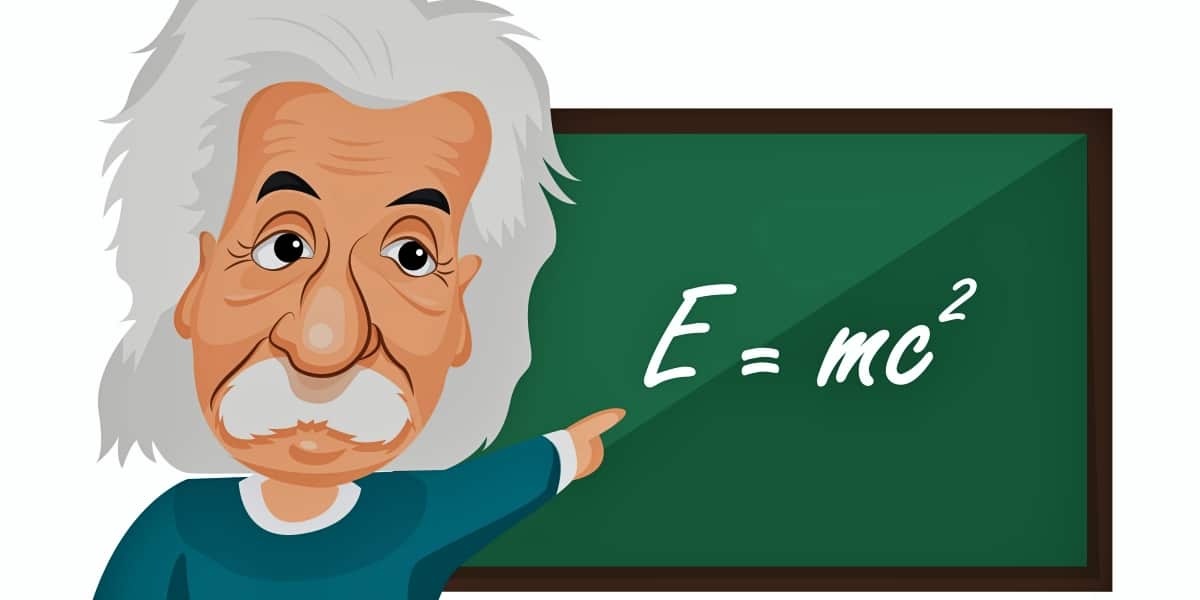
25. Theory Of Relativity
- Proposed By: Albert Einstein
Albert Einstein was a genius who was able to make some of the biggest scientific breakthroughs in history during his time on Earth. Clearly, his most notable work revolved around the Theory of Relativity. This actually involves two different theories, Special Relativity & General Relativity. They worked hand-in-hand and were his concepts anyway. This is why we simply call this the “theory of relativity” today.
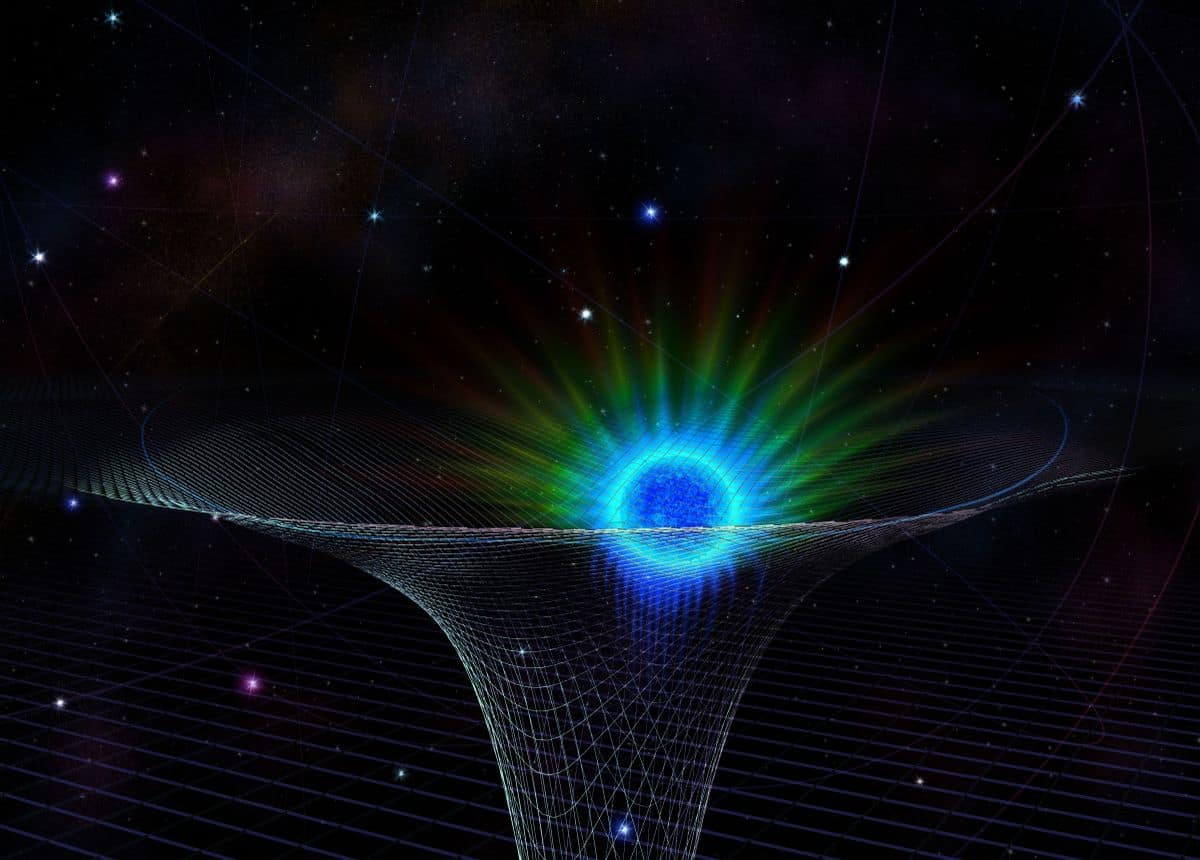
Special Relativity speaks to what is involved in the absence of gravity while General Relativity explains the law of gravitation and how it relates to other forces of nature. Essentially, he found that space & time were interwoven into a single continuity, which we call space-time. Thus, things that occur for one viewer of an astrological event may happen at a different time for another. On top of this, he found the massive objects cause distortions to space-time. He’d figure all of these things out with one iconic equation: E=MC2.
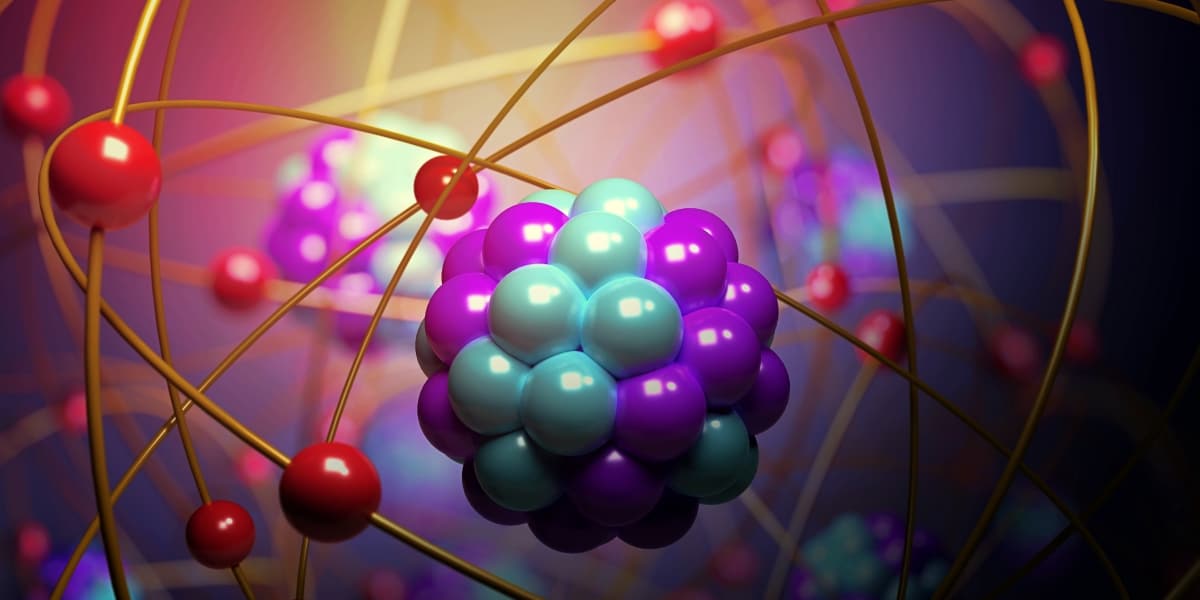
24. The Quantum Revolution
- Involves: Quantum Mechanics, Quantum Physics, Quantum Theory, & Quantum Field Theory
Albert Einstein did not just speak to one theory during his life, oh no. In fact, most of the Quantum Revolution is thanks to him. There are a lot of “Quantum” names for stuff, but the ones we make mention above are all pretty much the same thing. Normal Physics was not enough to describe everything, as it caught things at the macro level. Quantum Physics explains the macro level of things too, but it also explains the micro.
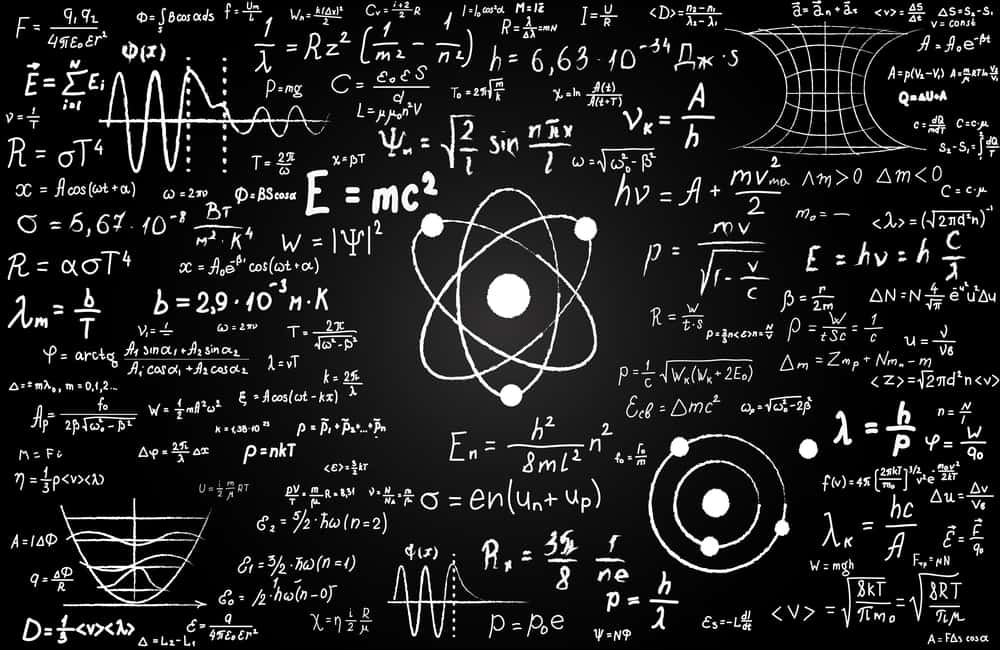
This involves things at both the atomic and subatomic levels. Regular Physics and Quantum Physics also differ in that Quantum believes any quantity of a bound system is restricted to discrete values, and objects have characteristics based on waves & particles. They believe there are limits to how accurate the value of a physical quantity one can predict before its measurement combines with its initial conditions. We refer to this as the “Uncertainty Principle.”
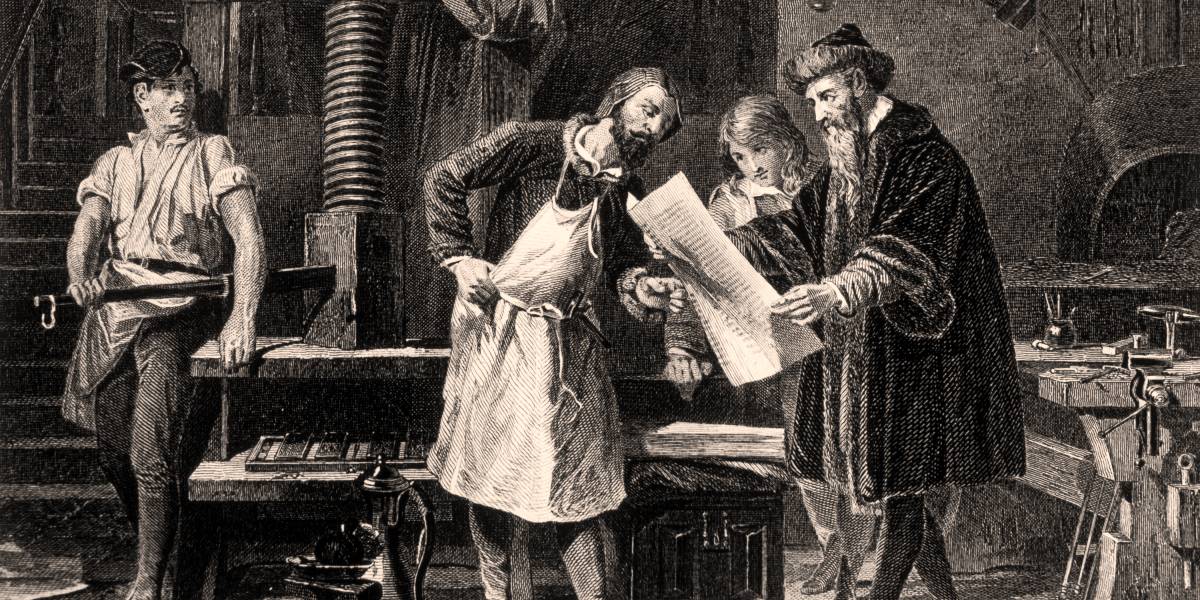
23. The Printing Press
- Invented By: Johannas Gutenberg In 1440
We all know that the man most responsible for the Printing Press in history was a man by the name of Johanass Gutenberg. He’d do this by using the Chinese movable block printing concept. He put this in the Printing Press design, allowing for set words that could almost stamp on. He simply switched it from Chinese symbols to German and eventually English lettering.

Gutenberg would invent the first version in 1440, which became wildly successful. It took off, eventually seeing many others in multiple languages. It also made it possible to copy books much faster, which took humans weeks to months to do accurately. The Printing Press could do this in less than a day. Eventually, the newspaper came out of this and the media popped up. To this day, we still call the media, “the press” in honor of the machine’s invention.
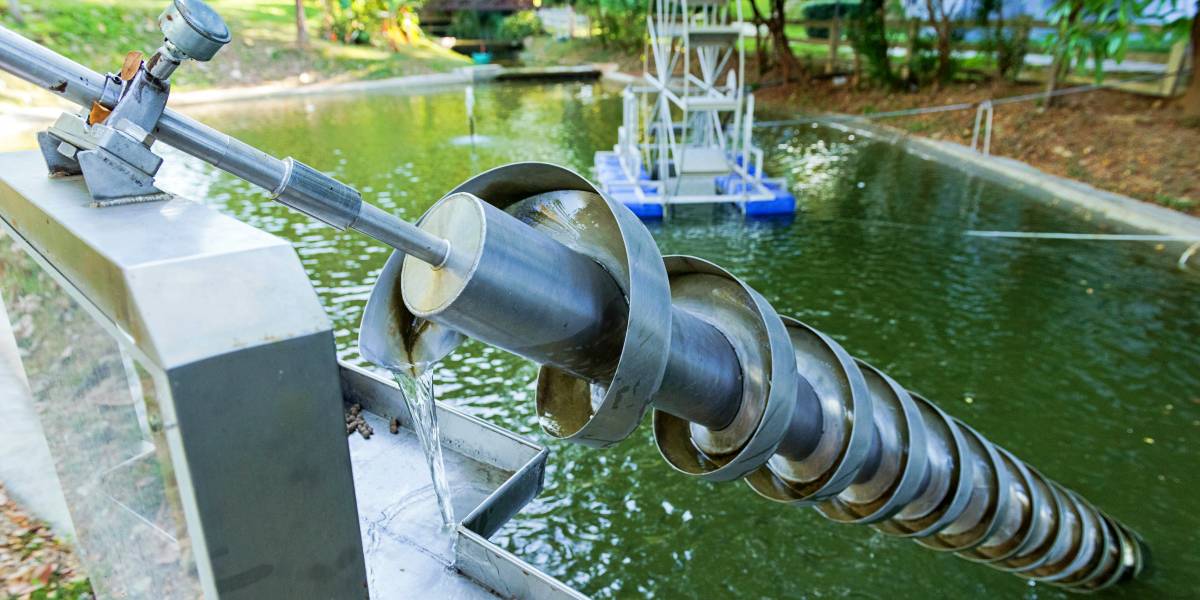
22. Archimedes Screw
- Invented By: Archimedes of Syracuse And/Or Ancient Egyptians
During ancient times, they’d mostly refer to the Archimedes Screw as the “water screw.” Of course, most of us credit Archimedes with inventing it. However, some believe Ancient Egyptians are just as responsible for it as they were using one well before Archimedes. It is more likely that the two had similar versions of the same thing.

This machine transfers water from low-lying bodies of water into simple irrigation ditches. The water is then pumped by turning this screw, inside of a pipe. This also helps in sewage treatment plants even today. People would use the Archimedes Screw concept for powders and grains as well. We even use it in some form in several areas today, which are too numerous to name.
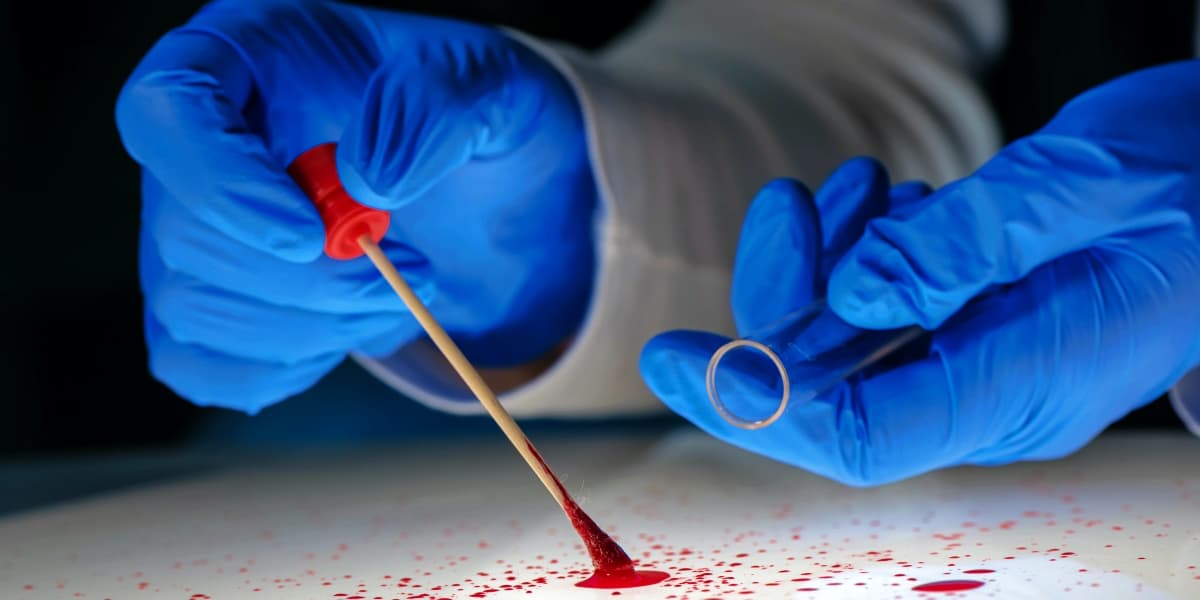
21. Knowledge & Advancements In DNA
- Includes: Discovery Of Double-Helix, DNA Profiling/Forensics
One of the most important things that have come to pass in the world of DNA is our scientific breakthroughs in Forensics. Helped by DNA, we’re able to accurately use even the smallest traces of DNA to find out who might have committed a crime. While this can be done with blood, it can also be done with spit, hair, fingerprints, and much more.
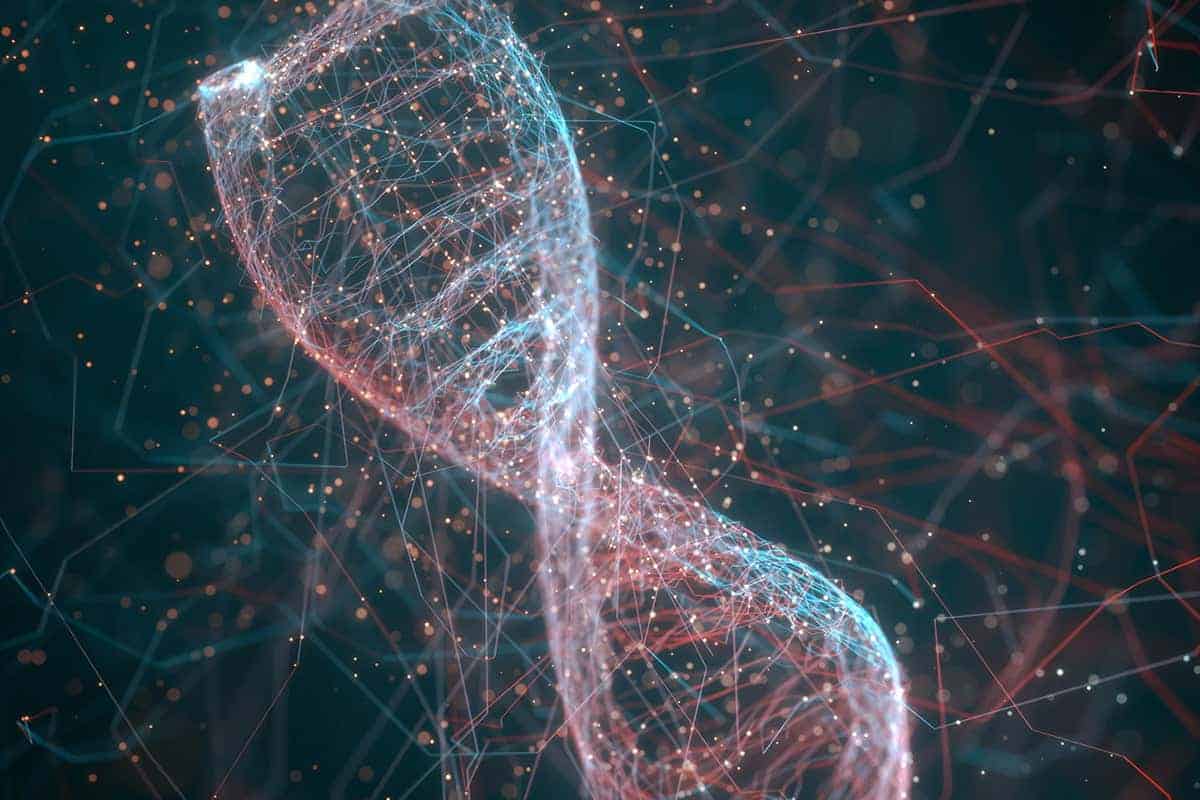
However, we also have used DNA outside of criminal justice to find out our ancestries too. Before all of this really began, we make a huge breakthrough in molecules. This is where we are able to look at the double-helix DNA model. We even know of three forms of DNA, the A-form, B-form, & Z-form. All of this has helped us advance science in massive ways, one of which we’ll address later in this article.

20. The Telephone
- Invented By: Alexander Graham Bell
It is hard to imagine that Alexander Graham Bell would have ever envisioned that his idea for the telephone would have advanced to this level. Yet it has, but it first had to be invented, which Bell managed to do in 1876 when he was awarded the U.S. Patent for it.

While Bell made it merely for people to speak back and forth over short distances, he actually wanted to advance this to a worldwide reach. Today, the cell phone exists and can be taken anywhere, all over this planet. It can keep lives organized and even handle video calls. Clearly, we can all agree that the telephone is one of humanity’s most important scientific breakthroughs.

19. Painkillers & Anesthetics
- Invented For: Surgical Procedures, Killing Pain
Upon the invention of painkillers, they were mostly in use during surgeries to help with severe pain. In fact, abuse of them was relatively rare too. Of course, the Ancient Government did not control them but one could not really operate well on them. People had to hunt, farm, and much more. Abuse simply couldn’t work well for most. The main version that began the craze was Opium.

This came from the Poppy Plant and the use of this as a drug dates back thousands of years. We aren’t sure of the exact timeframe, but everyone is certain they were in use at least hundreds of years before 5,000 B.C. Eventually, different anesthetics became useful and Opium among many others became strictly painkilling drugs.

18. The Airplane
- Invented By: Officially The Wright Brothers
When we make the distinction that the Wright Brothers were the official inventors of the Airplane, we mention this due to others having the same idea before them. Simply put, the brothers had a design that worked but the idea of man flying has been in discussions with several attempts being made for thousands of years.

The story of Icarus alone proves this was a huge part of Ancient culture. In fact, Leonardo Da Vinci’s design for the Ariel Screw came hundreds of years before the Airplane and is the design that helicopters followed. The thing that makes the Wright Brothers’ design so impressive is its use of the three-axis control system. Today, we use this in satellites, submarines, space ships, and many industrial machines. That said, the airplane is obviously one of our top scientific breakthroughs as it changed travel forever.
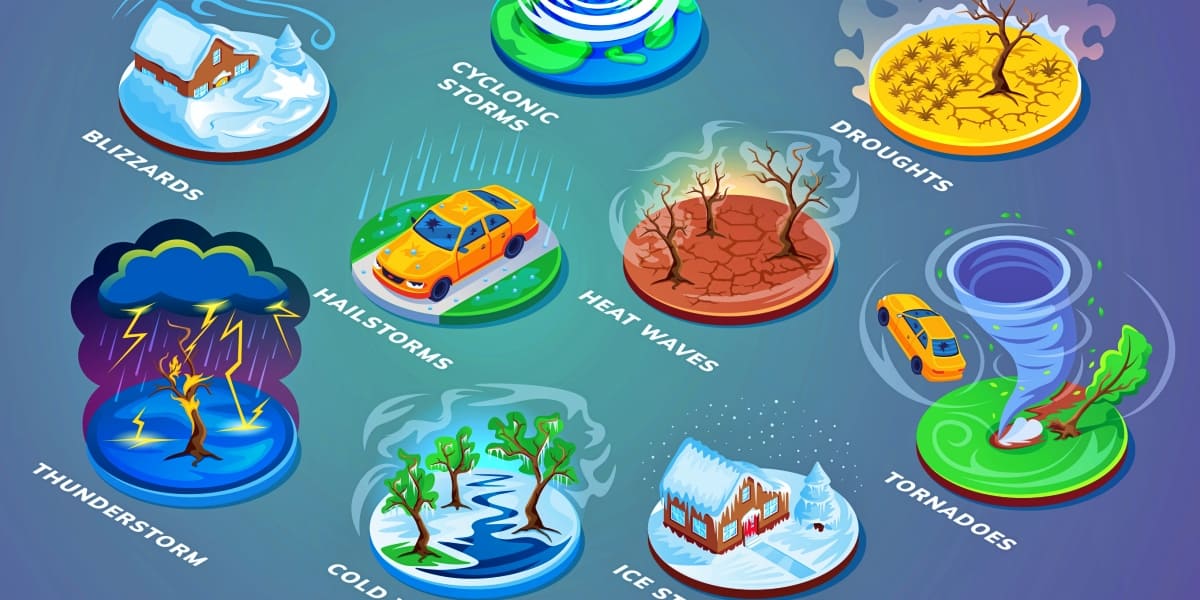
17. Meteorology
- Invented By: Aristotle
While one would rightfully assume just spotting “meteorology” for the first time that it was the study of meteors, they’d be wrong. Yet in spite of this, they wouldn’t be as far off as one might think. Most of us know this as the study of weather, in a nutshell. Yet it actually involves the entire atmosphere and Earth. It was originally even assumed that astrological patterns and events affected the weather.

It might shock you to learn that the great philosopher and teacher, Aristotle, is the inventor of it. This is due to his book literally titled Meteorology. In it, he discusses water evaporation, earthquakes, and other weather-related phenomena around roughly 350 B.C. Of course, astrology had a connection to all of this for so long that it only makes sense to call it meteorology, right?

16. The Computer
- Invented By: Charles Babbage & Alan Turing
The computer’s invention is thanks to two men mostly, Charles Babbage & Alan Turing. Of course, Babbage invented the Difference Engine. Seen as the earliest computer, it was able to use several forms of arithmetic logic units and then control the flow of them using several conditional branches and loops. His Analytical Engine then improved upon this. Both were invented between 1822 and 1837. Alan Turing’s well, Turing Machine was invented in 1936.
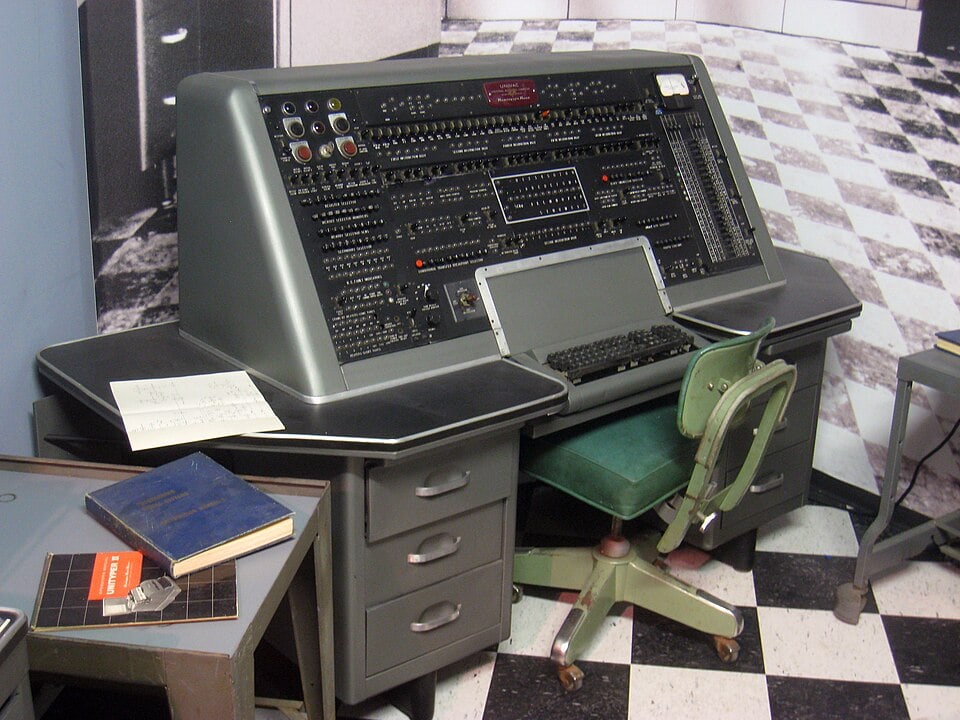
It was used during World War II to help decipher coded messages from the Germans. He also invented the Automatic Computing Engine, which is the earliest form of the stored-program computer. We use the term “Turing Complete” to determine a machine or computer’s ability to decide data manipulation rule sets. He’d also have a role in starting A.I., with the “Turing Test” now used to determine a machine’s ability to show intelligent behavior when comparing it to a human.
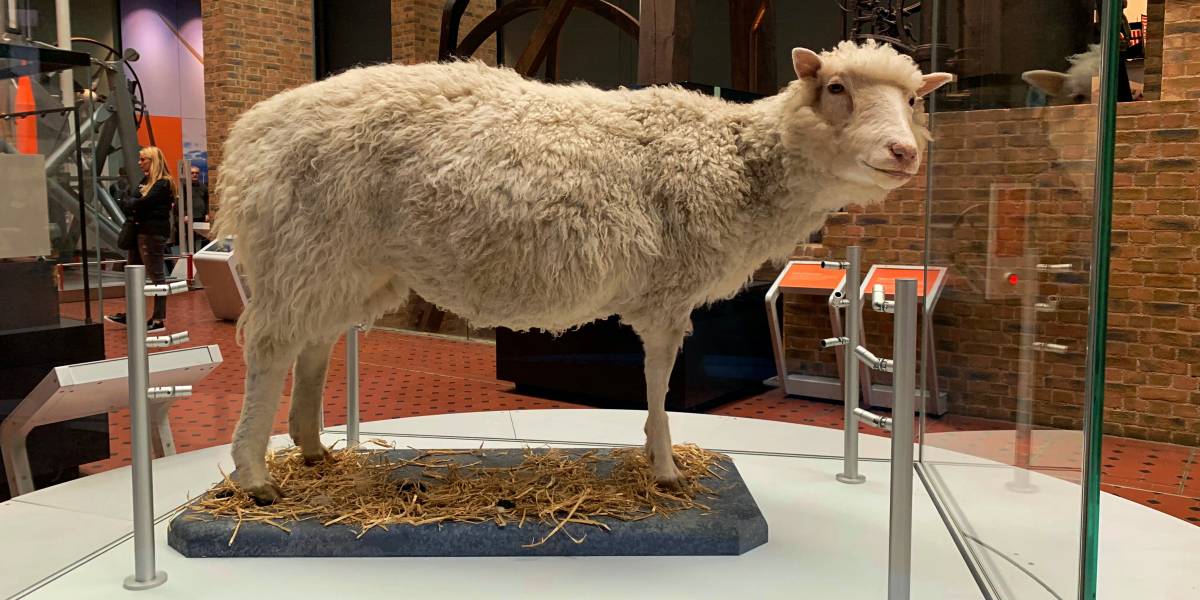
15. Animal Cloning
- First Done: In 1996 (Dolly The Sheep)
The concept of cloning has been big for a few reasons in the medical community. First, it is important due to the fact that we could possibly use it to clone organs and have them up for use by the person who needs them. Thereby no longer needing donors. We have done this somewhat but not anything as massive as what is needed.

The second thing that makes cloning important is that we can create something from the past that has been deceased. Specifically, extinct animals. However, ever since Dolly the Sheep became the first successful animal clone, we’ve been cloning animals using surrogates. While the science is not quite where it needs to be to bring back a Dinosaur, for example, we’re getting close. As a result, it shouldn’t surprise you in 2030 when Jurassic Park actually opens. Although 5 movies tell us this is a bad idea…
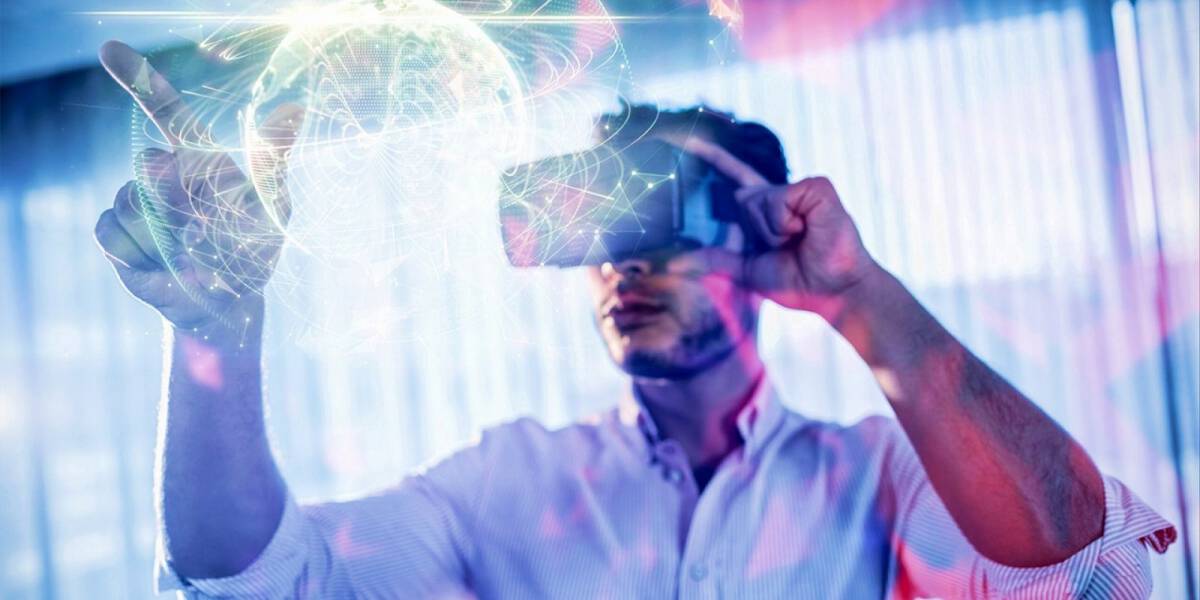
14. Entertainment Technology
- Includes: Film, Television, Radio, Video Games & Consoles, Virtual & Augmented Reality, Streaming
There is not enough time in the day to go over how long “entertainment” itself has been a thing in society. Obviously, we have had plays and books for years that offered this to people. Yet in the 1900s, Thomas Edison helped to deliver the world of film to the masses. Before this, we were learning about how electromagnetism worked in order to see the radio work for the first time. Eventually, television came to the masses with only a few channels.

Then cable television and premium television came about, along with the concept of closed-circuit and Pay-Per-View. Changing the game further was the invention of video games and eventually both VR & AR. Finally, we moved into ways where the person had more control; streaming. Originally starting with places like YouTube & Netflix, it quickly became the way most of us see entertainment programming today. All of these must be considered some of the greatest scientific breakthroughs in human history.
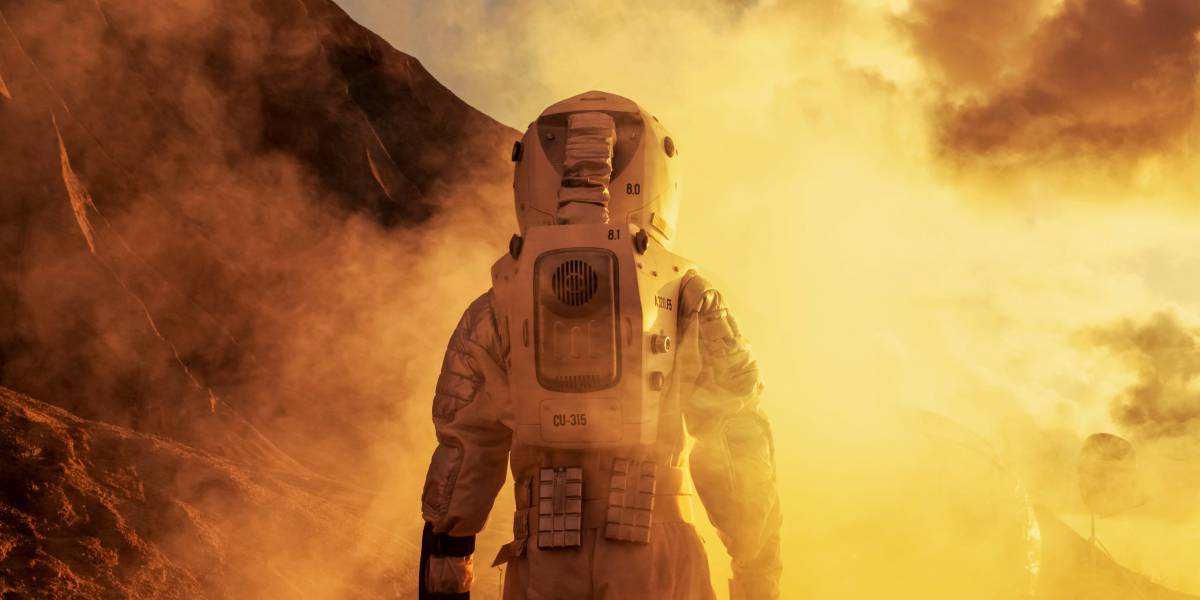
13. Space Exploration
- Includes: Moon Landing, Explorer I, Juno, Pioneer 10, Sputnik, Voyager
Our Earth was not good enough, because mankind looked up and wanted to be among the stars. Today, we know far more than people like Galileo & Jules Verne knew in their respective time periods. However, it is their curiosity along with the curiosity of several scientists that led us to where we are today. One of our biggest scientific breakthroughs ever was putting a man on the moon. We’ve now done it about 10 times.
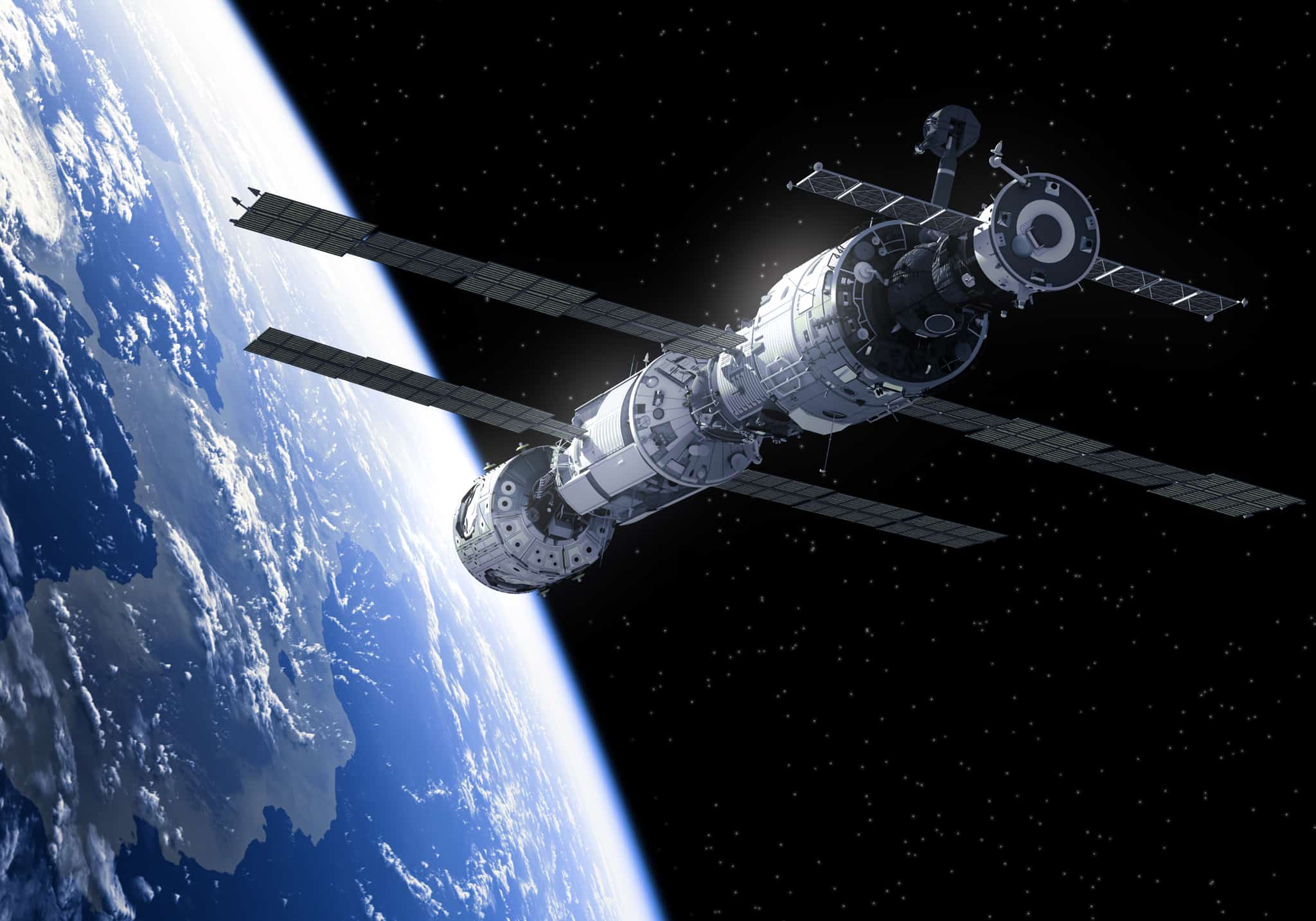
On top of this, we sent satellites into space like Voyager, Explorer I, Pioneer, and many more. Each satellite was made to go on a journey where they’d capture images of everything they came across and send them back. This allowed us to get up-close images of places like Saturn & Jupiter with more images coming. Major telescopes like the Gran Telescopio Canarias have also led to us seeing major new stars, solar systems, and galaxies too.

12. Large Hadron Collider & Higgs Boson
- Invented Or Found By: CERN (Large Hadron Collider) and Peter Higgs & François Englert (Higgs Boson)
The Large Hadron Collider was made by the European Organization for Nuclear Research or CERN. We don’t get the nickname either, honestly. We should say that there is some confusion regarding whether or not this is a particle accelerator or particle collider. In the most technical sense, it’s both. It has been useful in many discoveries, but the biggest by far is the Higgs Boson.
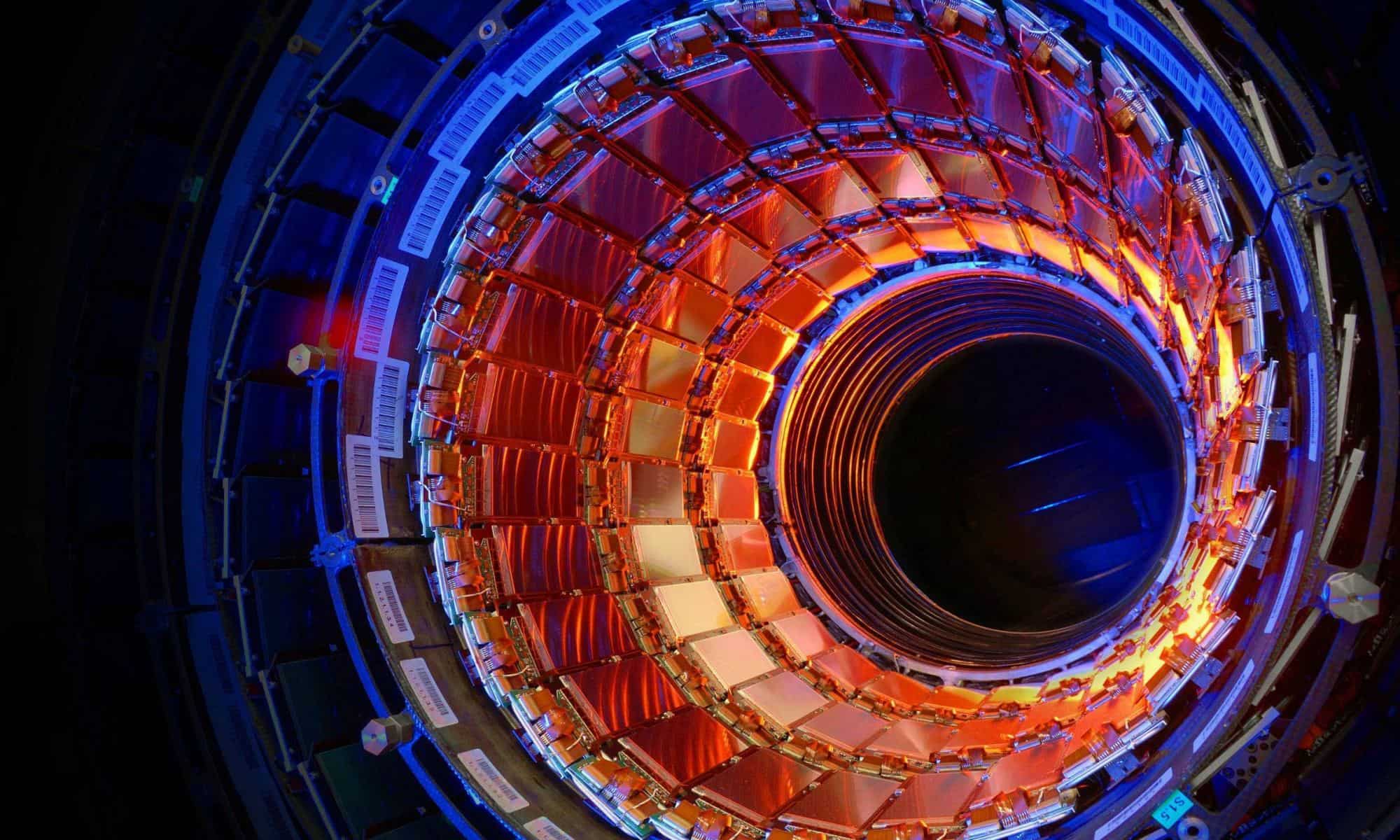
Peter Higgs along with 5 other scientists proposed the Higgs Mechanism all the way back in 1964. This explained why particles have mass but obviously, there was a need for more proof. The LHC helped to confirm this in 2012 and in 2013 both Peter Higgs & François Engler were awarded the Nobel Prize in Physics for this. The Higgs Boson is a huge discovery because the Higgs Particle, a Boson, is thought to be responsible for all physical forces. Talk about massive scientific breakthroughs!
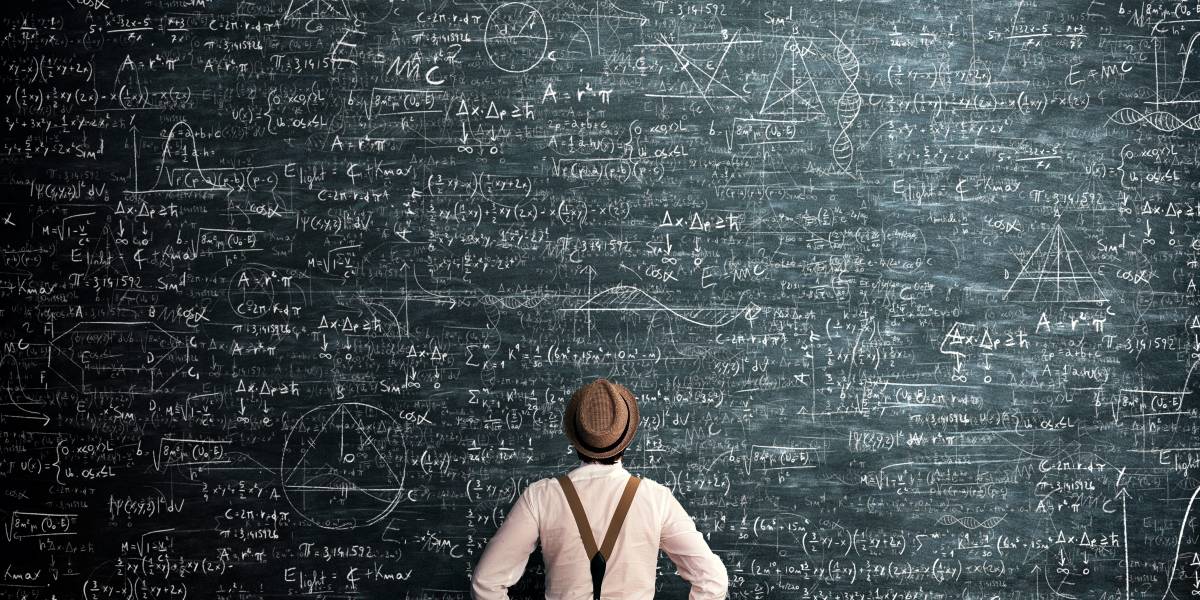
11. Mathematics
- Invented By: Ancient Egyptians, Persians, Babylonians, Greeks
Mathematics itself has several inventors and has been around in some form for thousands of years. It is likely that simplistic math like adding & subtracting, though not recorded by people at the time, could be over 10,000 years old. Ancient Babylonians invented the really first true set of early Mathematics. Ancient Persians invented Algebra while the Greeks had a major role in several forms of it.

Pythagoras shaped Math for the world and his school helped to teach it to any who wanted to know. Meanwhile, Ancient Egyptians and Chinese invented early forms of Calculus but it did not work as well as hoped. However, Archimedes of Syracuse essentially invented Geometry, which allowed Calculus to properly operate. When the likes of Isaac Newton formed his version, it changed the game on Math even further. We have used it in many forms for things like Engineering, Economics, Medicine, and much more.
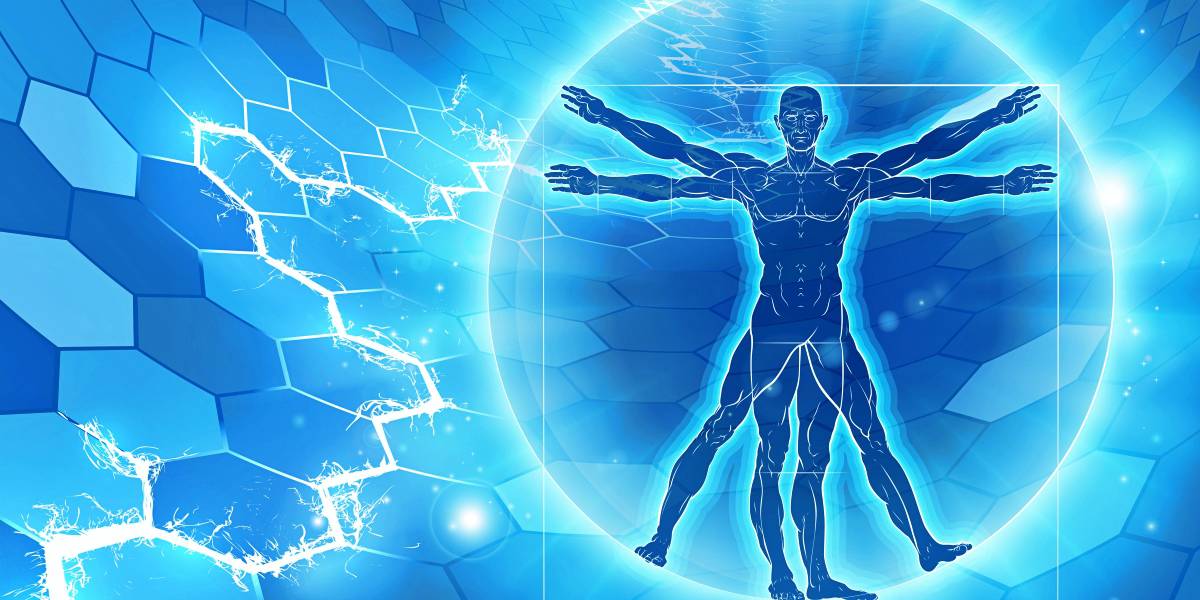
10. Understanding Of Human Anatomy
- Includes: Invention Of Medicine, Discovery Of Blood Types, Biology, Chemistry, etc.
The world of human anatomy was massive in the Ancient World. The Ancient Egyptians, Chinese, and Greeks likely played the most critical role in our understanding of early anatomy. Eventually, the Romans and many more added to it. There are a few main people that helped the world of anatomy the most. The first is the Greek Physician Hippocrates. We still use some of his surgical concepts today and doctors even take the Hippocratic Oath, which promises to “do no harm.”
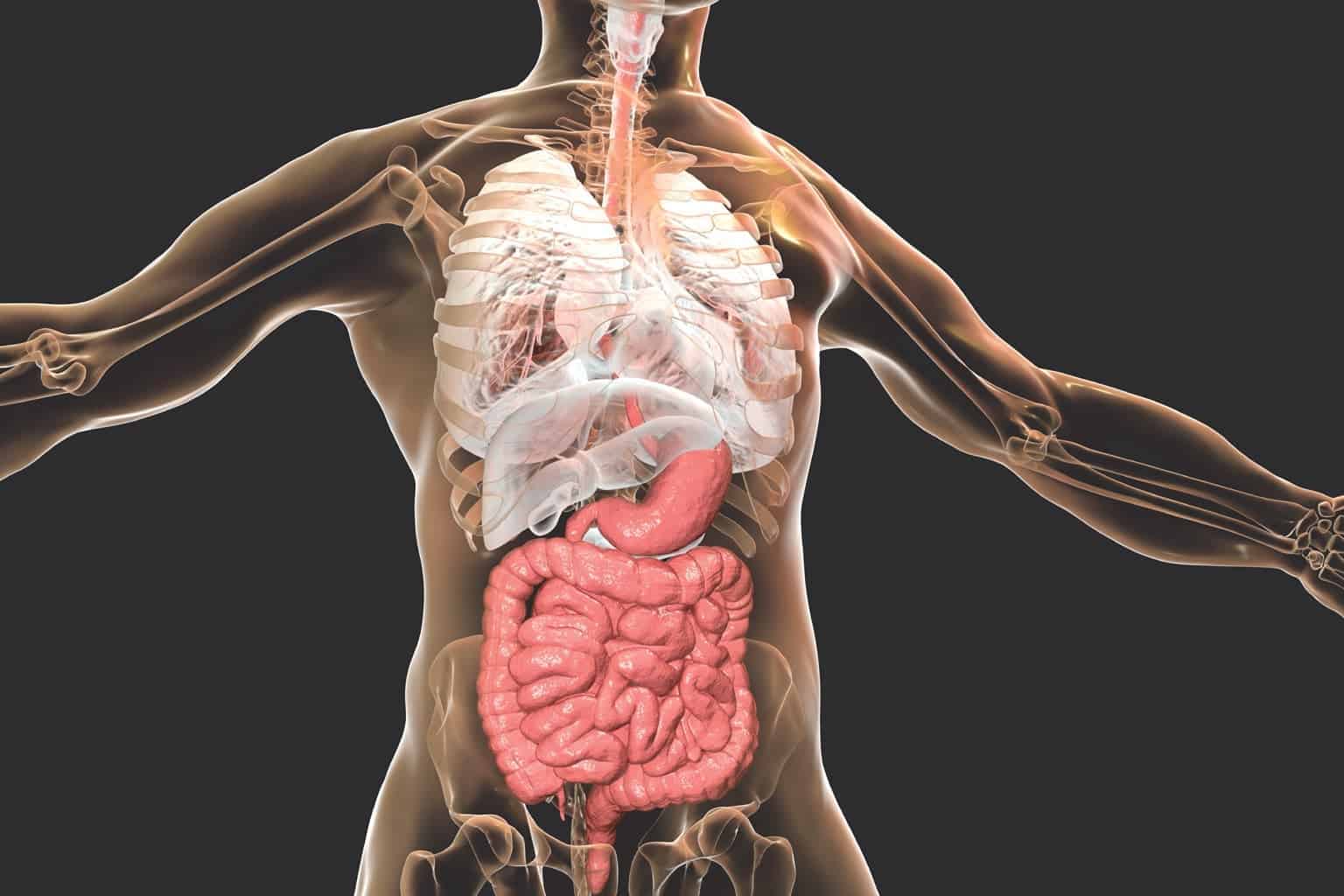
Another important figure in this was Galen, yet another Greek Physician. He was wrong about several things but was a huge asset to early pathology, pharmacology, neurology, biology, and much more. Yet Galen had flaws in some of his concepts due to only doing animal autopsies. Eventually, Andreas Vesalius questioned Galen’s work around 1,300 years later. It was Vesalius’ discoveries on the human body that now shape human anatomy today.

9. Electricity
- Main People Involved: Thomas Edison, Nikola Tesla/George Westinghouse
Thomas Edison was already a notable inventor before he’d jump into the world of electricity. In fact, we now credit him with several inventions like the Phonograph and even improving the telephone. However, upon moving into electricity he was the leader in the world of Direct Current. This was one of the biggest scientific breakthroughs in history and by the early 1900s, it was used all over.

However, DC used up a lot of power and could only flow in one direction. This forced a need to have power plants relatively close. In an interesting note, Edison hired Nikola Tesla who was tasked with fixing these ailing power stations. Yet he had a better idea for electricity in the form of an Alternating Current, which took less power to operate and flowed both ways. He’d leave Edison behind and partner with the wealthy George Westinghouse to bring AC to the world. AC is now the form of electricity most of us use daily.

8. Planet Knowledge
- Important Figures In These Discoveries: Nicolaus Copernicus, Galileo Galilei, Léon-Philippe Teisserenc de Bort, Richard Aßmann, Pythagoras, Georg Hartmann, Robert Norman, Christian Doppler
Earth, as well as our sun and the solar system, were heavily debated for centuries. Copernicus was the one who discovered that the Earth rotates around the sun, which was the true center of our solar system. Galileo Galilei spoke to this as well and via his telescope, was able to find other planets like Jupiter. Yet they were playing on assumptions made by ancient astronomers from Egypt, Greece, and many others.

Greek Mathematician Pythagoras reasoned if the moon was round then the Earth must be too. Around 1900, Léon-Philippe Teisserenc de Bort and Richard Aßmann discovered the 5 atmospheric layers (Troposphere, Stratosphere, Mesosphere, Thermosphere, Exosphere). Georg Hartmann and Robert Norman independently discovered the Earth’s magnetic field while Christian Doppler is responsible for discovering the Doppler Effect. All are critical scientific breakthroughs.
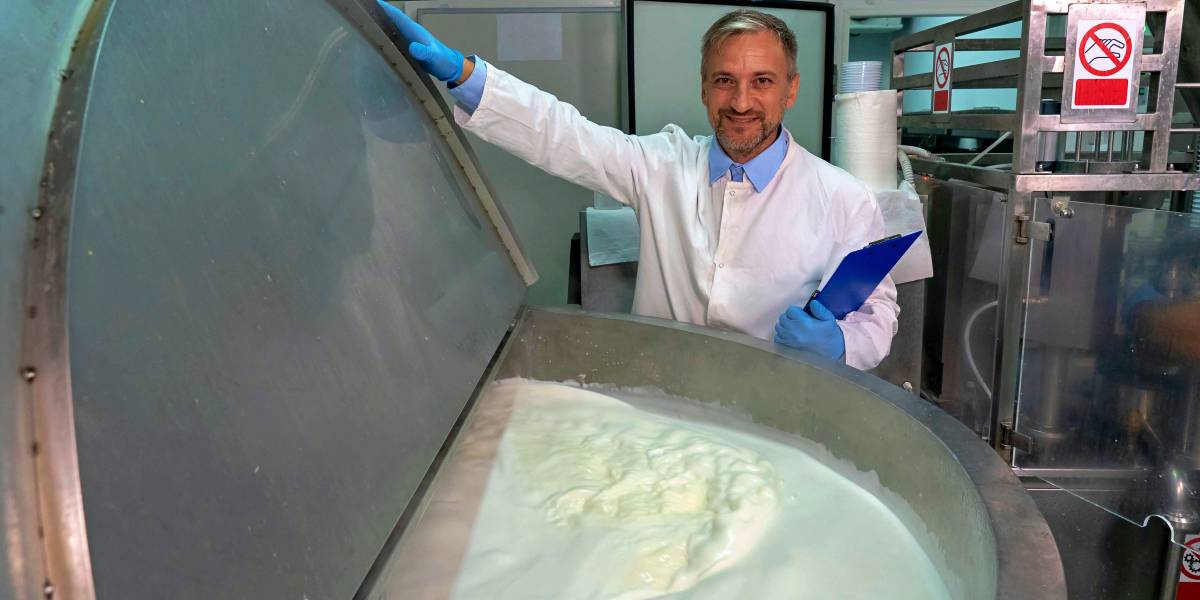
7. Pasteurization
- Invented By: Louis Pasteur
Louis Pasteur was an incredible French Chemist and Biologist who invented several life-changing things for the world. The most notable is clearly Pasteurization. The latter might be one of the most significant and world-changing inventions ever. Pasteurization has to do with making things safe to drink or eat.

Essentially, water and certain packaged or unpackaged foods are treated with heat to completely destroy pathogens. This kills bad bacteria and can even extend the shelf life of an item. It eliminates the risk of diseases yet can’t kill bacterial spores. This is why it needs a second round of this too, which completely eliminates any problems. Store-bought Milk and Fruit Juice, for example, are safe to drink for life as a result of this invention.
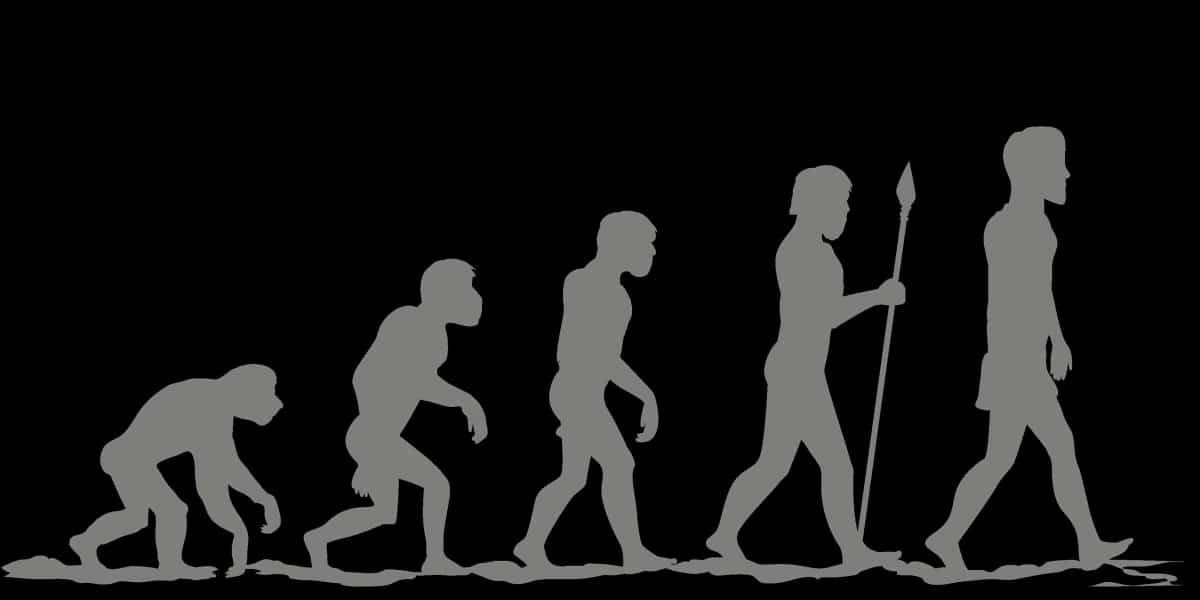
6. How Life Came To Be
- Includes: Evolution & The Big Bang Theory
While some battle against both Evolution and the Big Bang Theory, science actually backs both completely. In 1927, Georges Lemaître was the first to note that the expanding universe could be traced back to an originating point, which he actually called the “primeval atom.” We now simply call it the Big Bang Theory. In 1929, Edwin Hubble then found after much analysis that galactic redshifts are drifting from one another, which confirmed an expanding universe.
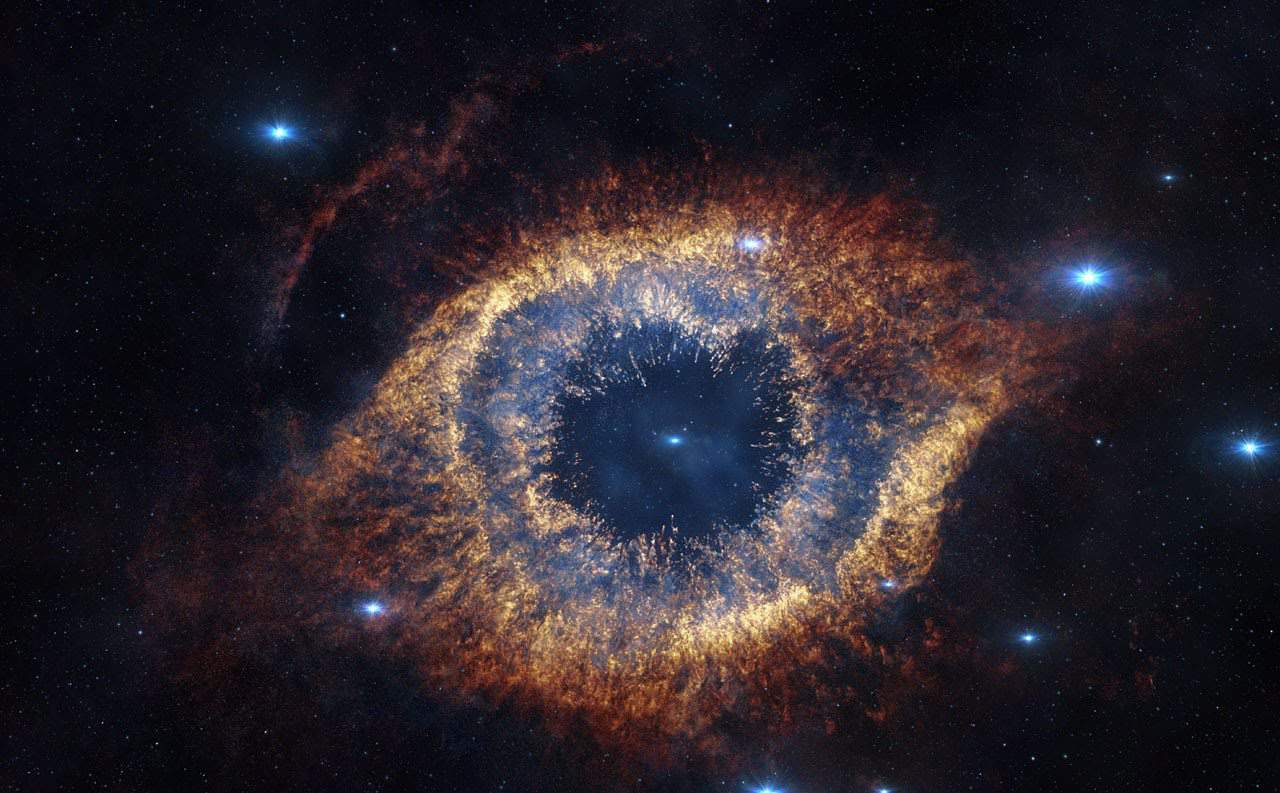
Finally, in 1964, the Cosmic Microwave Background was discovered and, along with more physics discoveries, pretty much confirmed the universe started with a bang. Yet it was Charles Darwin & Alfred Russel Wallace who proposed natural selection and the theory of evolution. This dictated that only the strong survived and thus, each species developed key traits to do so over several generations. This included how humans eventually evolved into what we are today. Both were insanely crucial scientific breakthroughs.

5. Antibiotics
- Invented By: Alexander Fleming
While infections could be cured somewhat for centuries by various medications, this was never considered to be 100% effective. Most of these infections would tend to be open wounds, which can be treated with numerous herbal remedies. Yet infections within the body were hard to cure, at least that was until Alexander Fleming came along.

Already a notable Biologist & Physician, Fleming had been looking into staphylococci. This led him to work with the fungus known as “Penicillin sp.” He left his lab one night, having accidentally left an opening to the staph near the fungus. Upon returning, he discovered the fungus essentially killed the staph. Eventually, the Penicillin Drug came to be as an antibiotic that we still use today. Due to its invention, several other antibiotics have popped up ever since. In fact, we make many for specific infection types too.
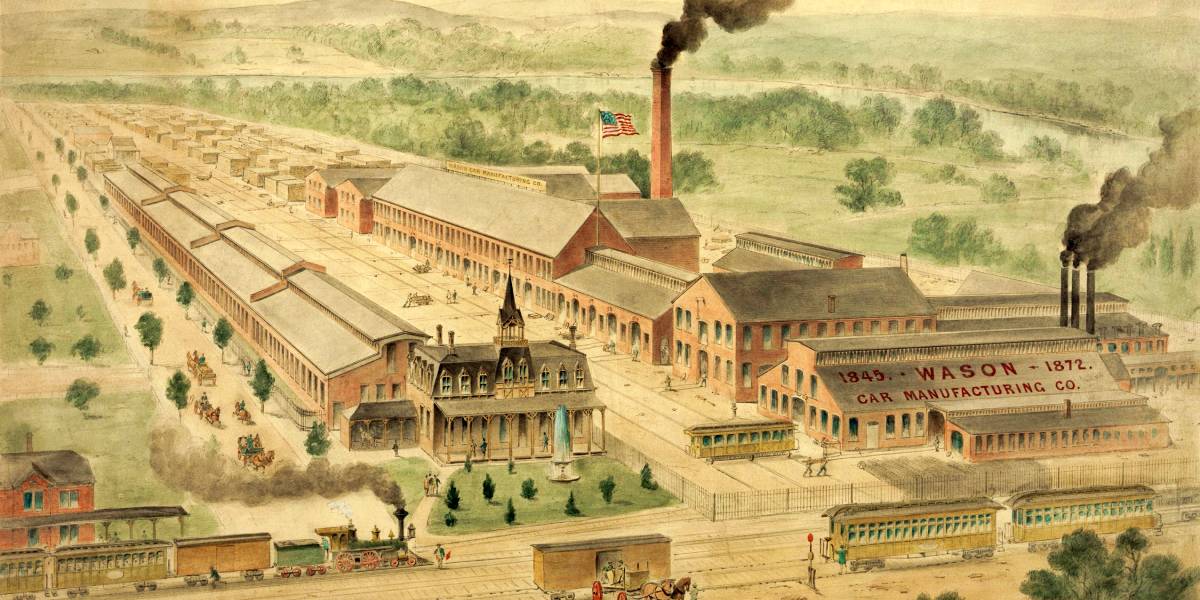
4. True Industrial Revolution
- Includes The Inventions: Automobiles, Steam Engine, Ships, etc.
While we call this the Industrial Revolution, we’d like to make sure to note that this was mainly used to highlight the period of time in England. However, this industrial period was on full display all across Europe and the United States. Most tend to highlight the years it ran from 1760 to 1840. However, the true industrial revolution extends the end date to around 1900.
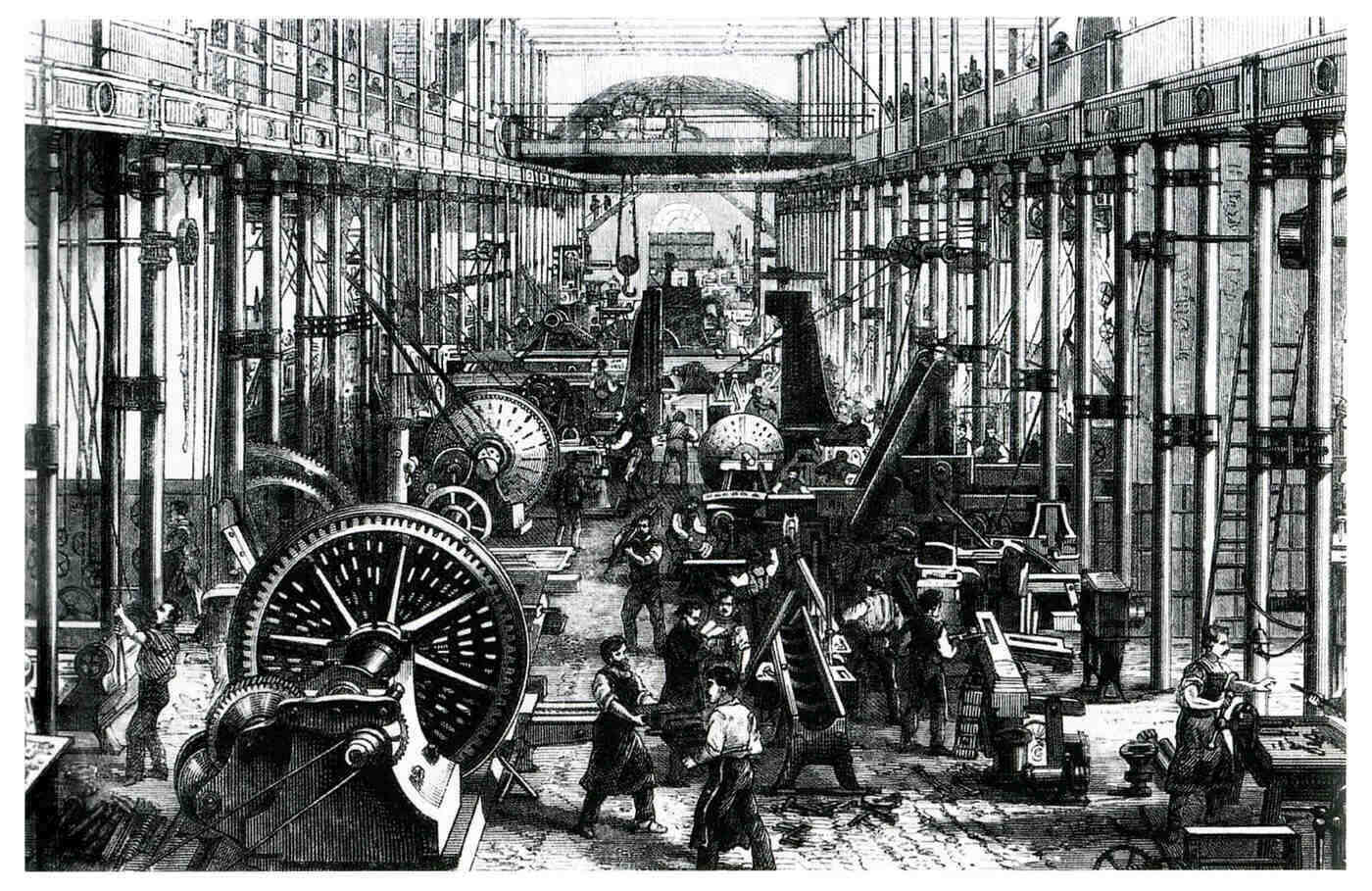
A major part of this was the Steam Engine, which had been invented in the early 1700s. Yet James Watt’s improvement on this in 1776 made it a crucial aid in travel. Robert Fulton’s invention of the first commercially successful steamship was crucial for travel and delivery. Yet he’d also invent the submarine to help in wartimes. Finally, Karl Benz invented the automobile in 1886, which became a massive asset to society
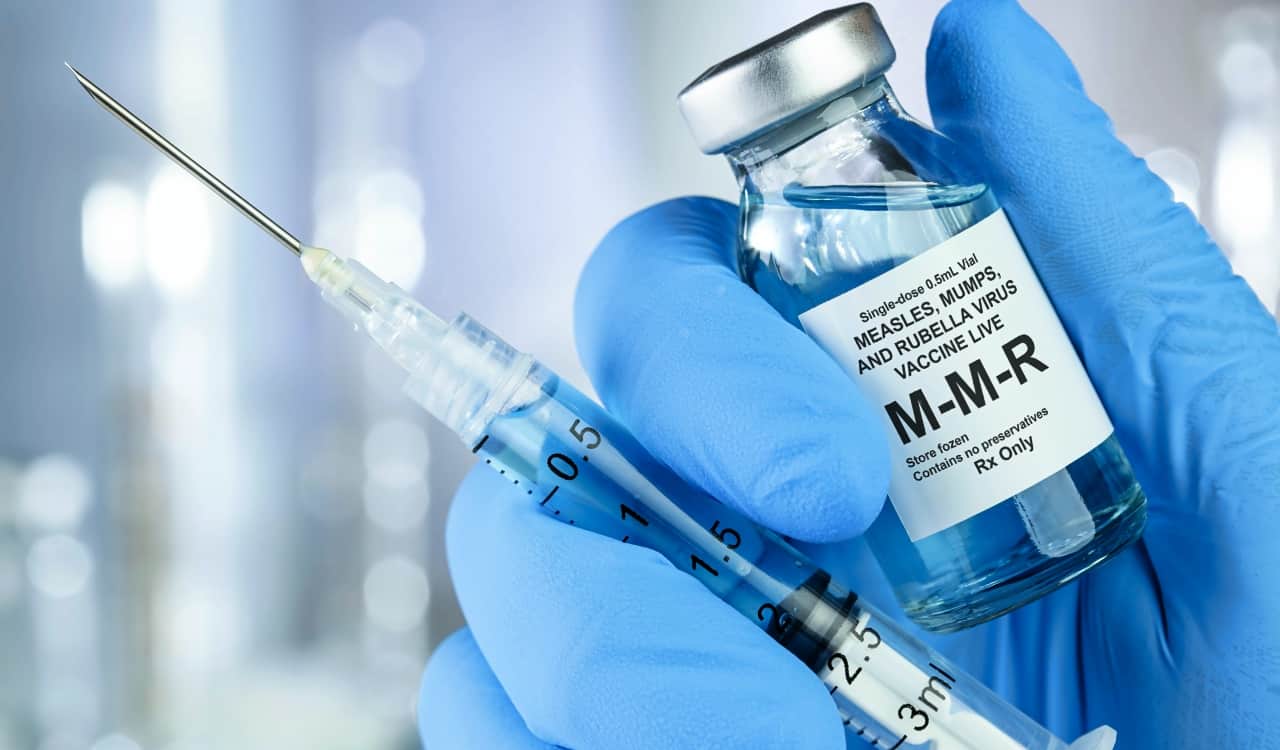
3. Vaccines
- Major Developers: Louis Pasteur, Jonas Salk, Albert Calmette, Camille Guerin, Edward Jenner, David Smith, Ian Frazier
Vaccines were first implemented by China in the 10th Century to help against smallpox. This expanded when Edward Jenner developed the smallpox vaccine in 1796, however. Louis Pasteur then developed the vaccines for Cholera in 1880, Anthrax in 1881, & Rabies in 1885. Albert Calmette & Camille Guerin together invented the vaccines for Tuberculosis with the Bacillus Calmette-Guérin (BCG) Vaccine in 1922.

However, Albert alone invented the first antivenom for snakebites. Jonas Salk with Thomas Francis invented the first Influenza Vaccine in 1933 while Salk on his own invented the Polio Vaccine in 1952. David Smith made the vaccine for Haemophilus influenza, which often gave infants pneumonia and meningitis. Meanwhile, Ian Frazier invented the vaccine for cervical cancer, genital warts, and anogenital cancers in 2006.

2. The Internet
- Inventor: Tim Berners-Lee
The Internet is clearly one of the world’s biggest scientific breakthroughs. In fact, you’re all here reading this list as a result of it. The man responsible for its invention officially is Tim Berners-Lee on December 20, 1990. He did this while working with the European Organization for Nuclear Research. In fact, the first webpage is credited to them, known as info.cern.ch.

You can click on the website to see what it looks like today. Of course, this did not become a major thing until we were able to invent Wi-Fi which is thanks in part to Hedy Lamarr and Nikola Tesla for their work in Wireless technology decades ago. Yet their ideas are in the tech of today that gives us Wi-Fi, which only helps the internet reach more places worldwide.
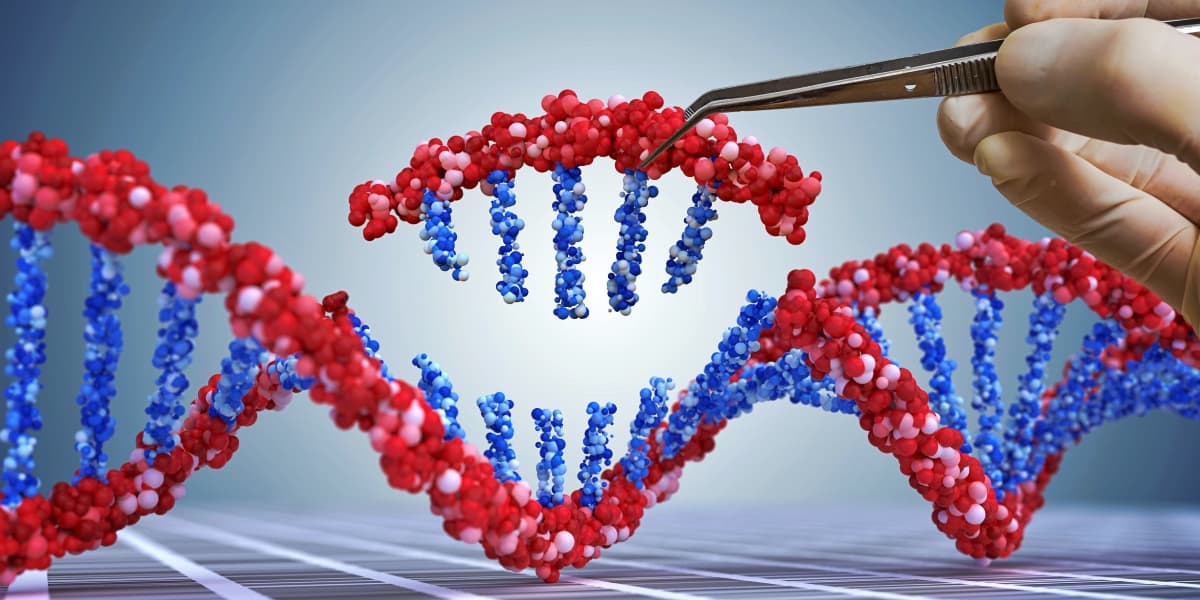
1. Gene Editing/CRISPR
- CRISPR First Proposed By: Jennifer Doudna and Emmanuelle Charpentier
The world changed in 2012 when Jennifer Doudna & Emmanuelle Charpentier proposed that the CRISPR-Cas9 was possible to program and thereby edit genomes. CRISPR-Cas9 are enzymes from bacteria that control microbial immunity, which can allow us to edit genomes/genes. This basically means that we can theoretically edit out sections of our DNA where diseases are.
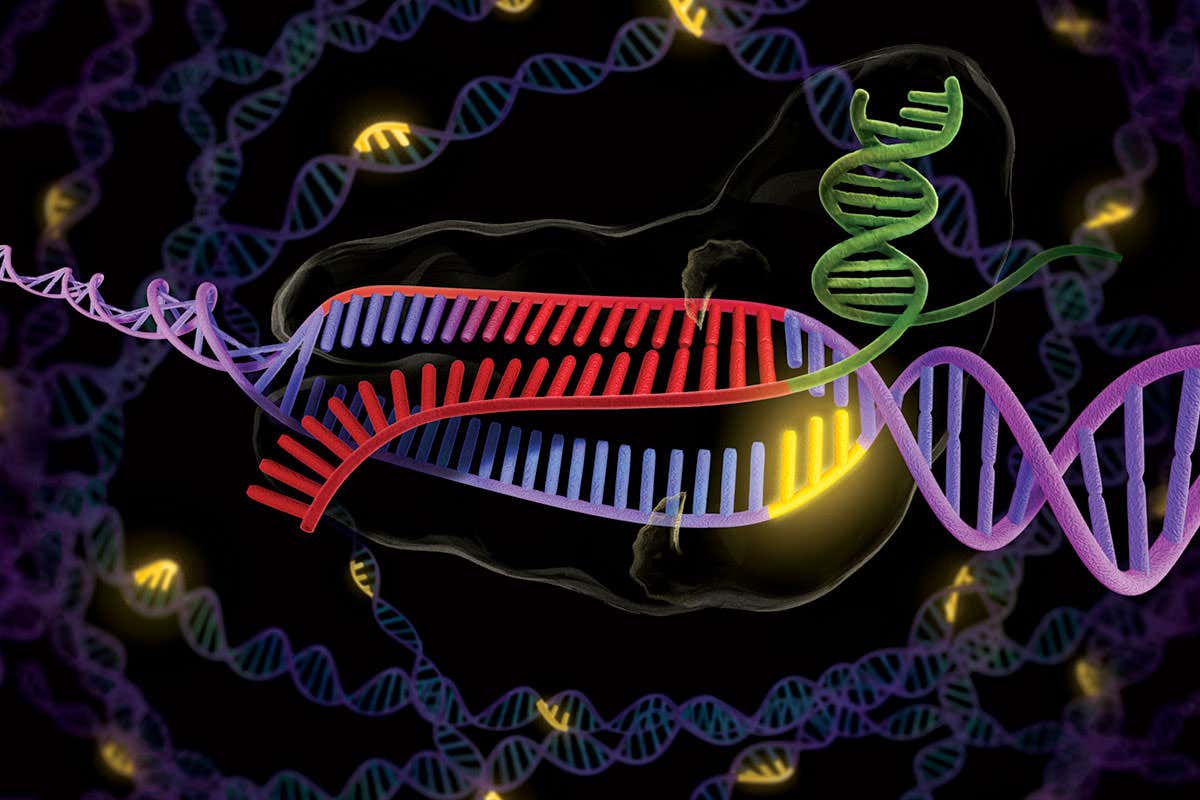
This includes even enhancing the person in some ways. The biggest thing it will likely help us with is the treatment of blood disorders or diseases such as Leukemia and AIDS. The idea is that we can remove and then modify human cells to remove issues. Those edited and improved cells are then put back into the body in an effort to rid the person of the disease. There’s still a lot more we need to do in this area, but this is one of the scientific breakthroughs that could theoretically extend lives, and end horrific diseases for good.

